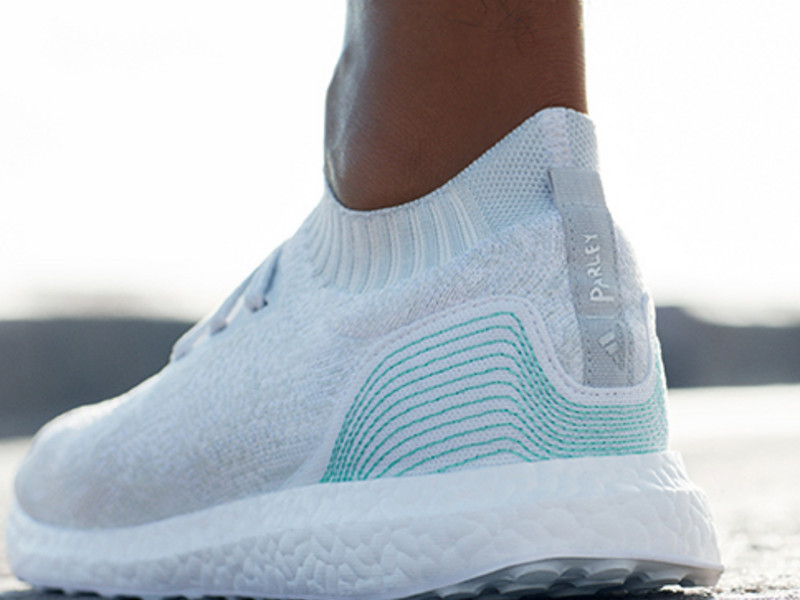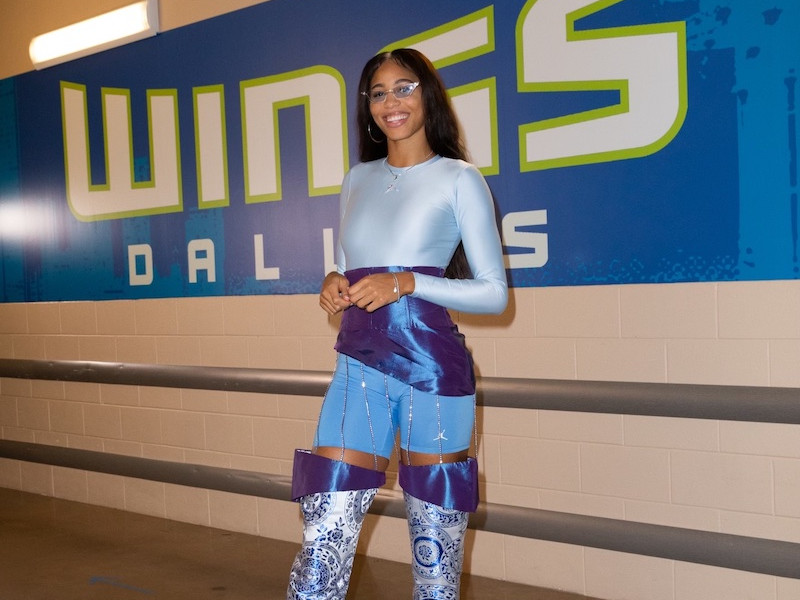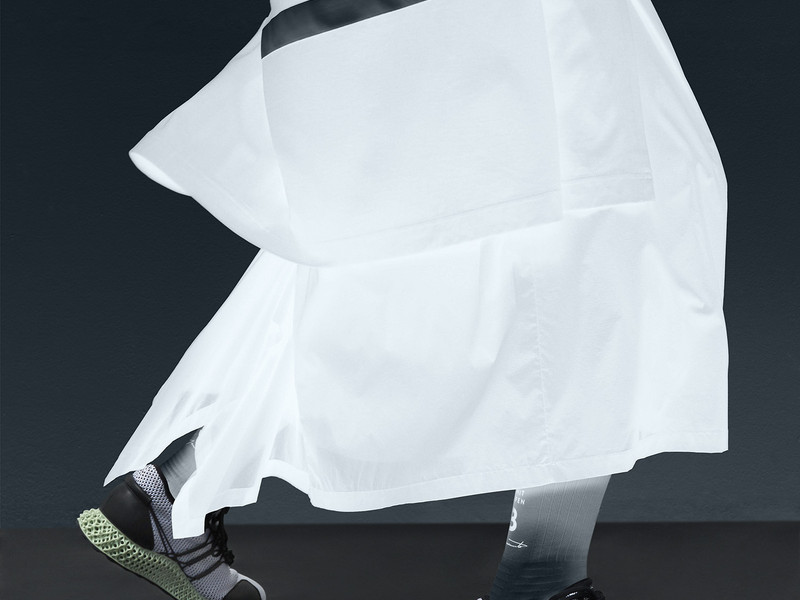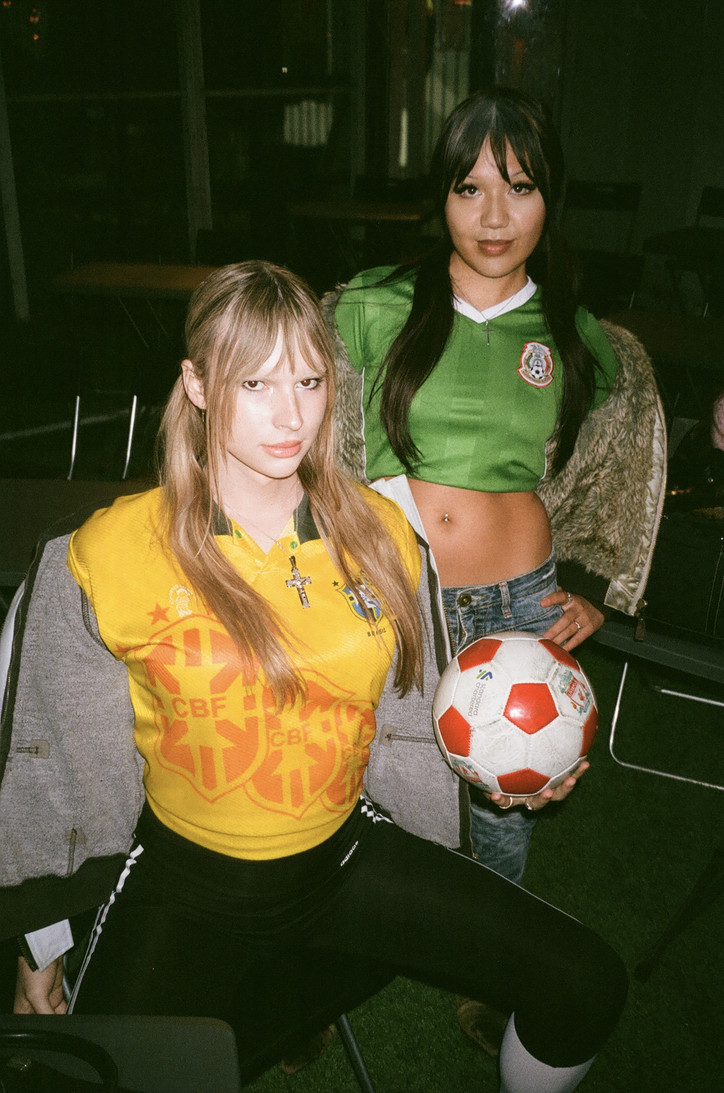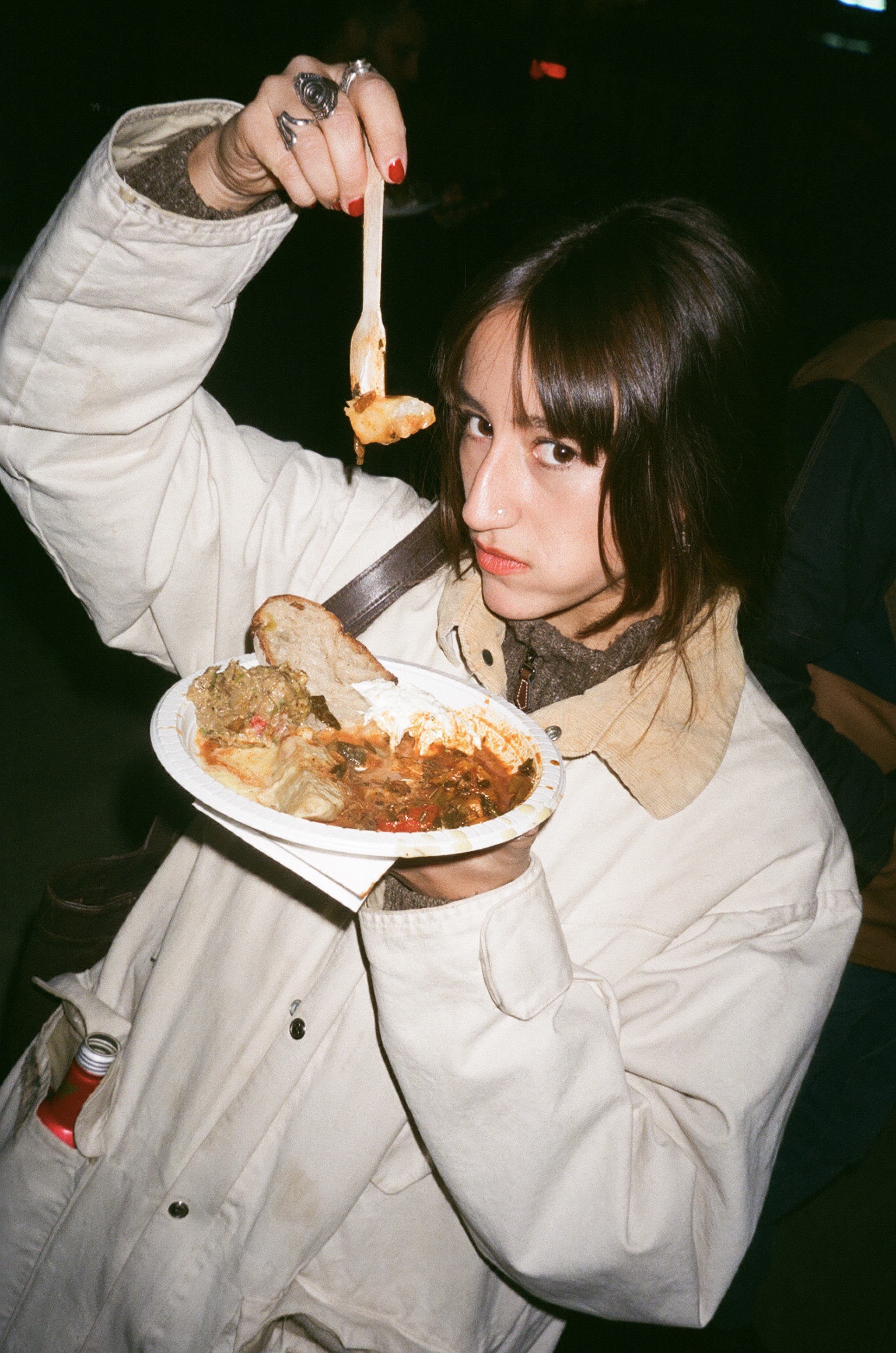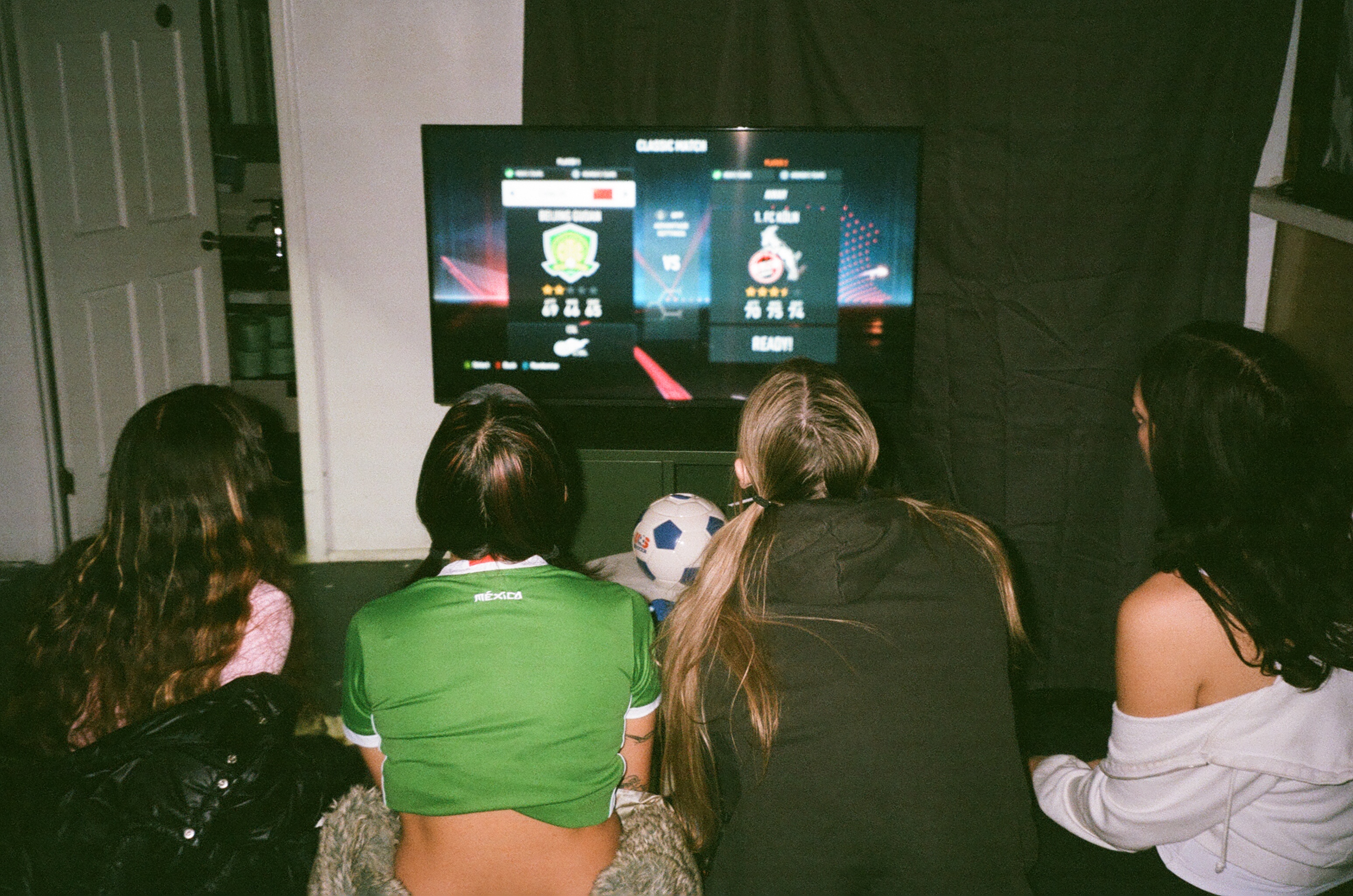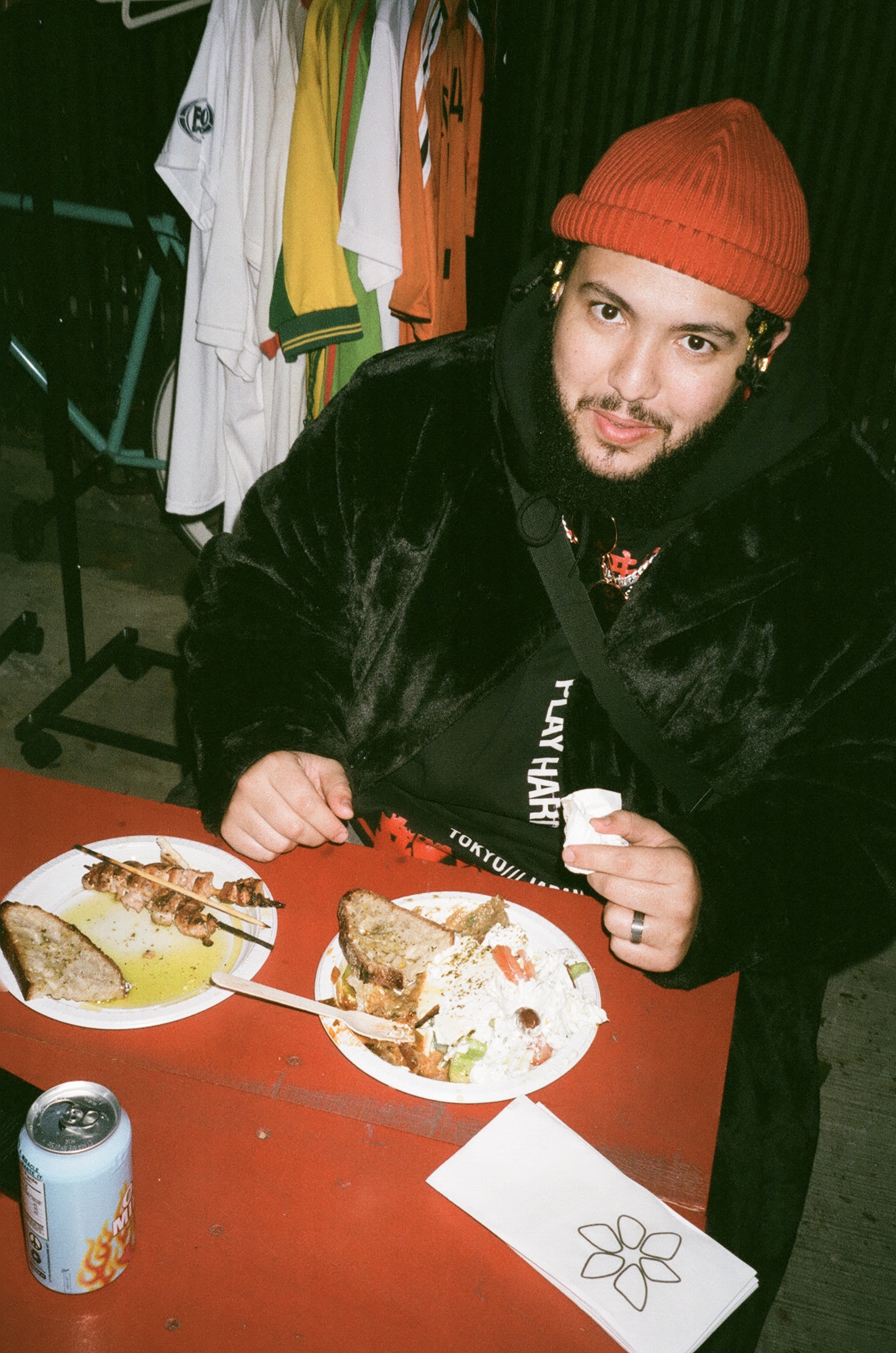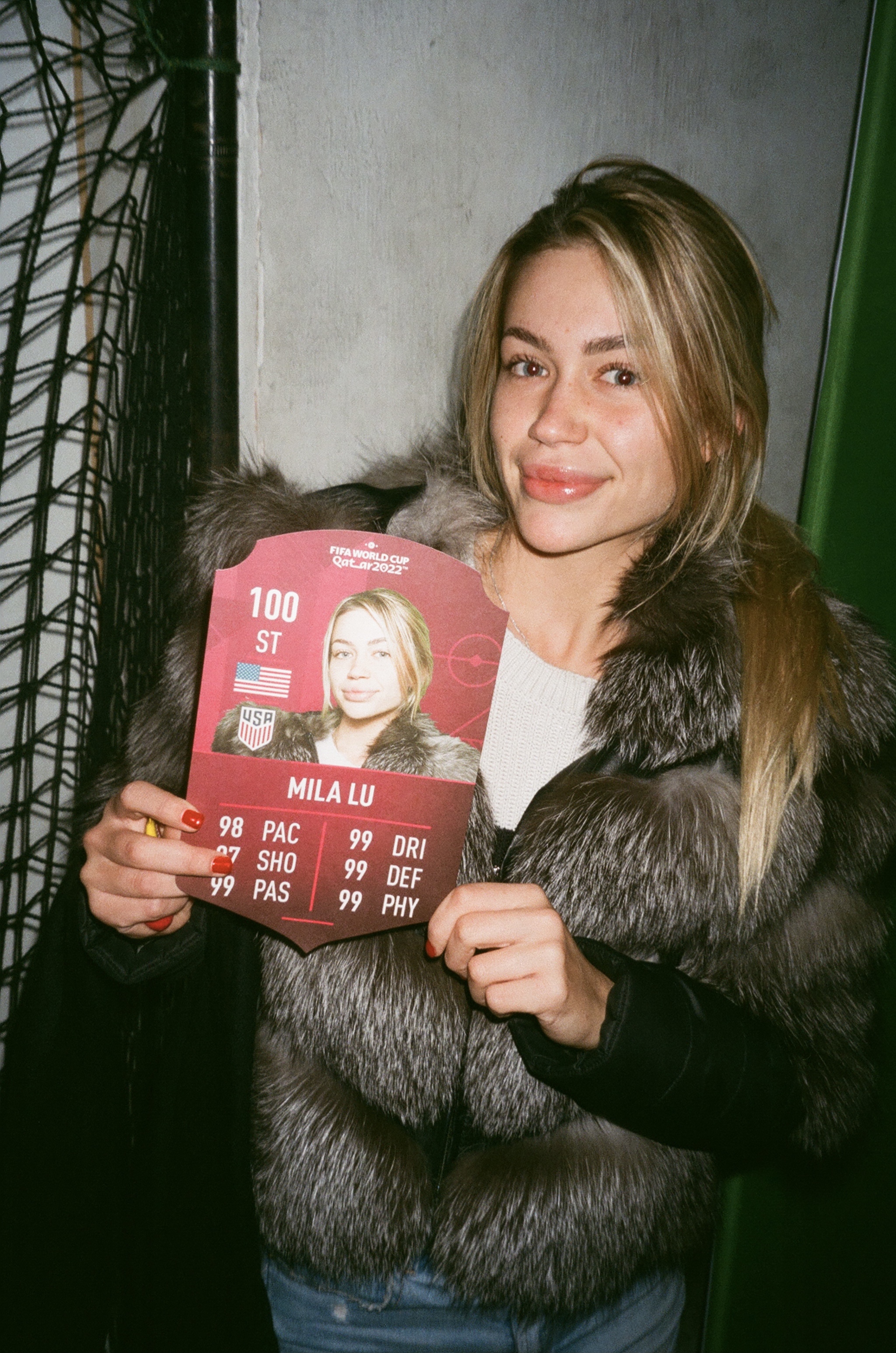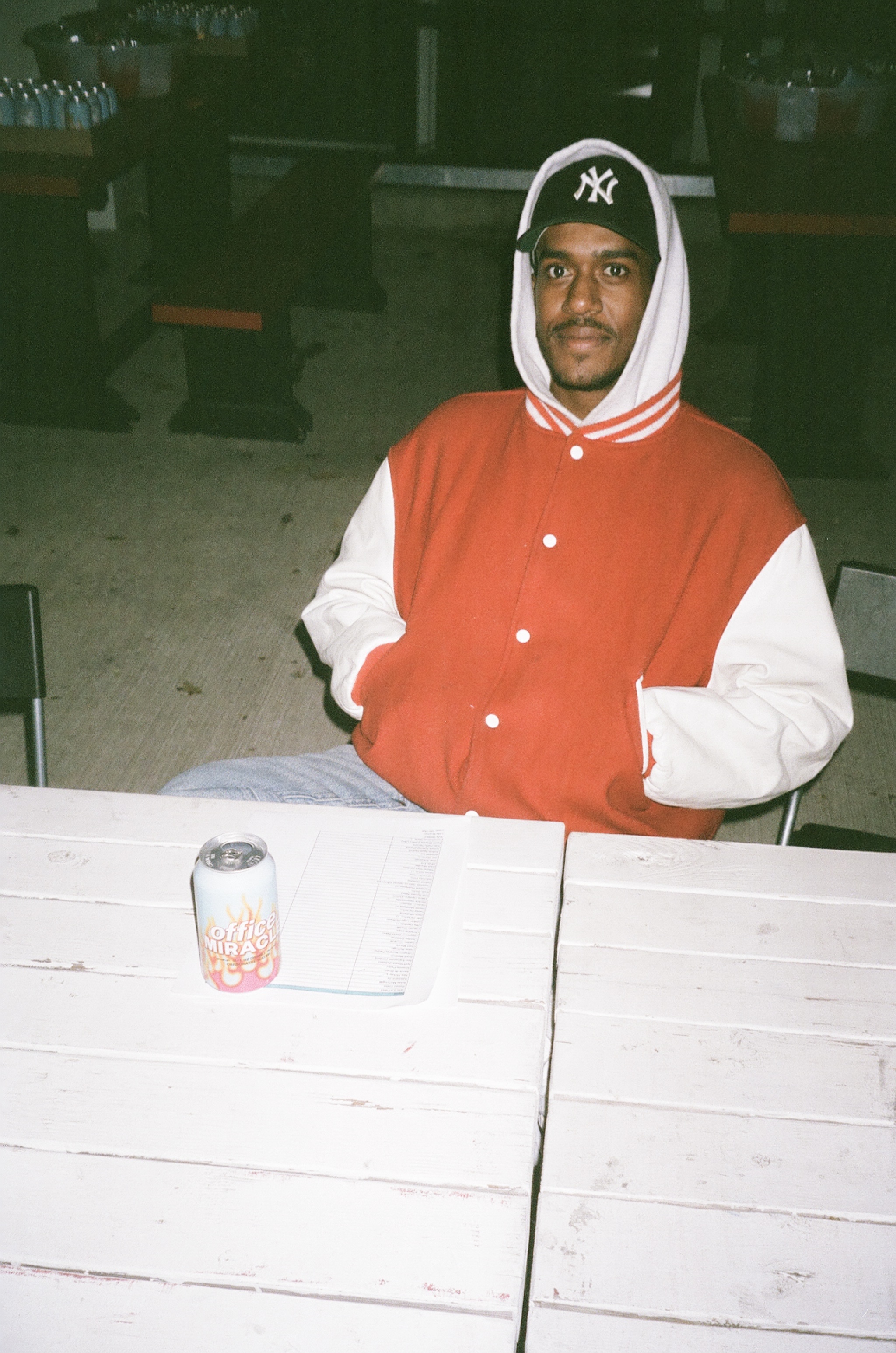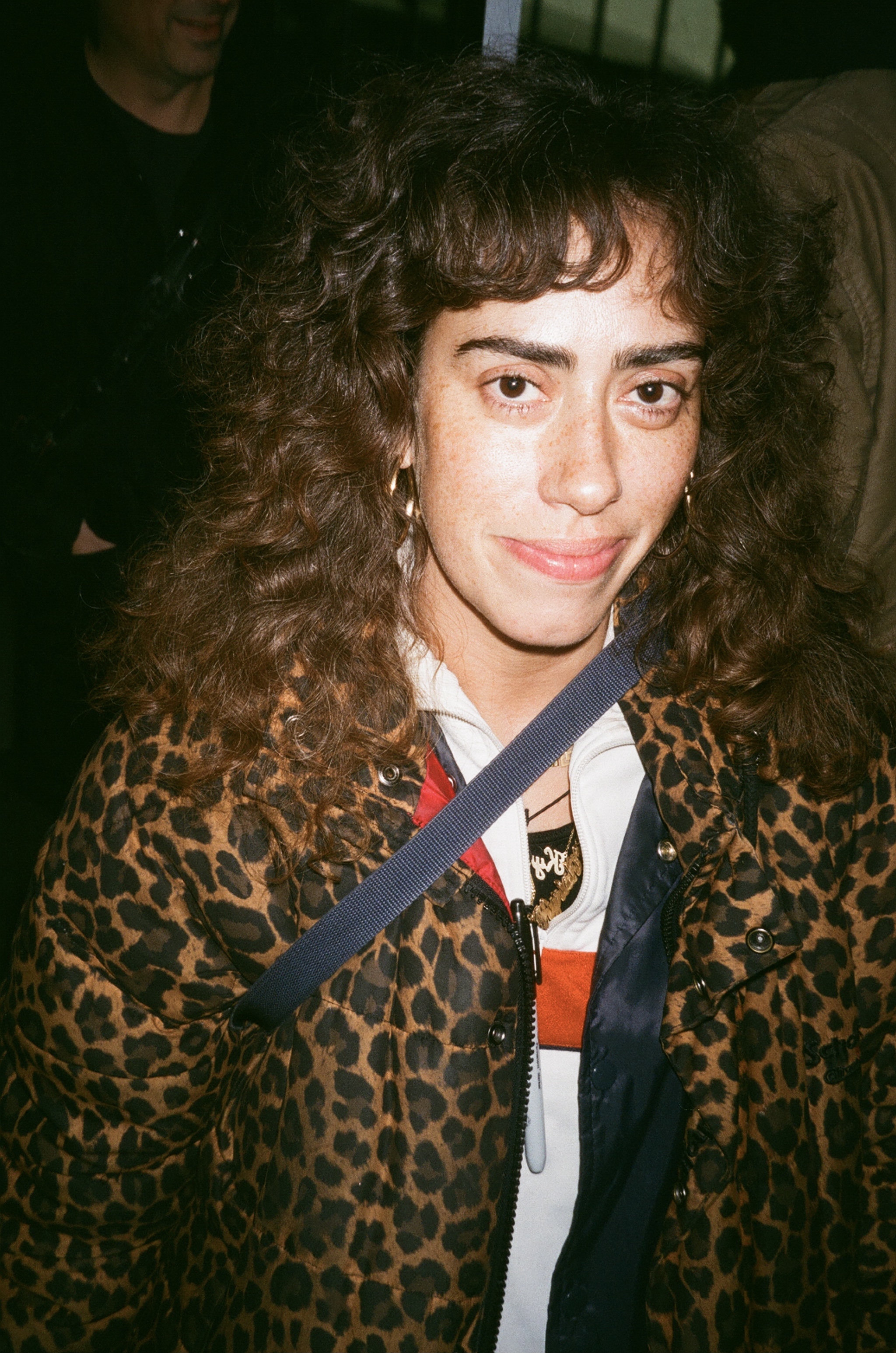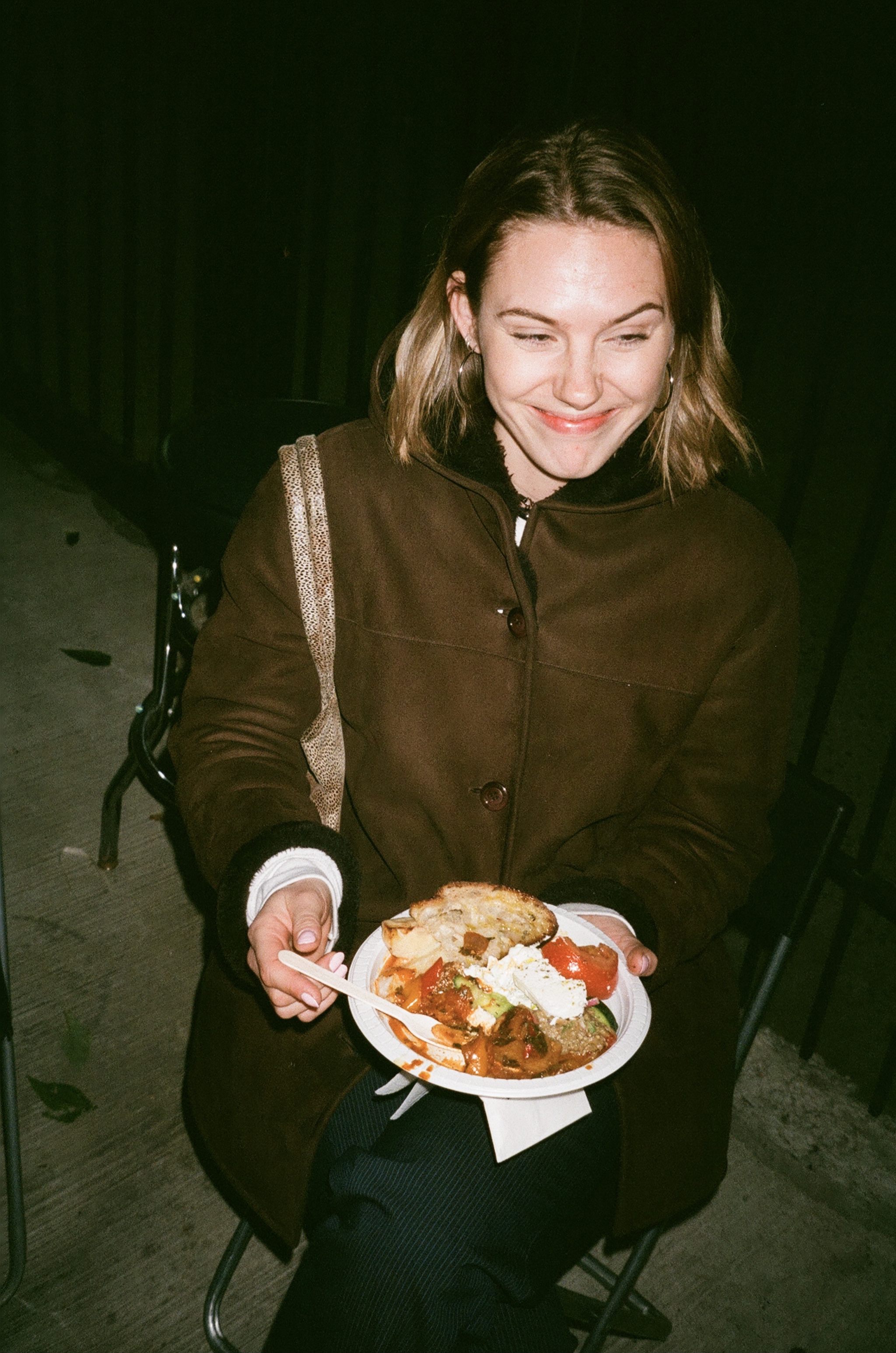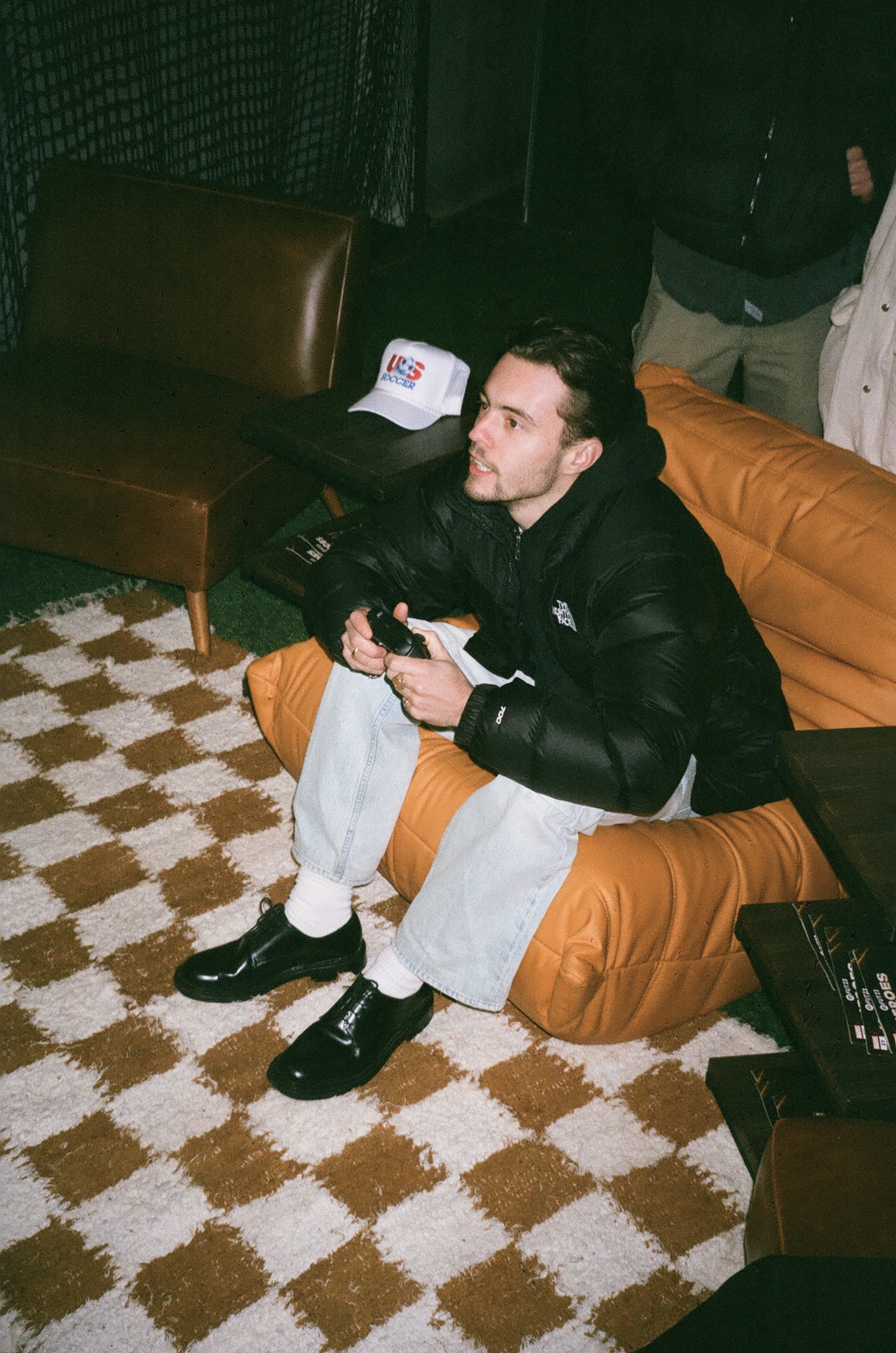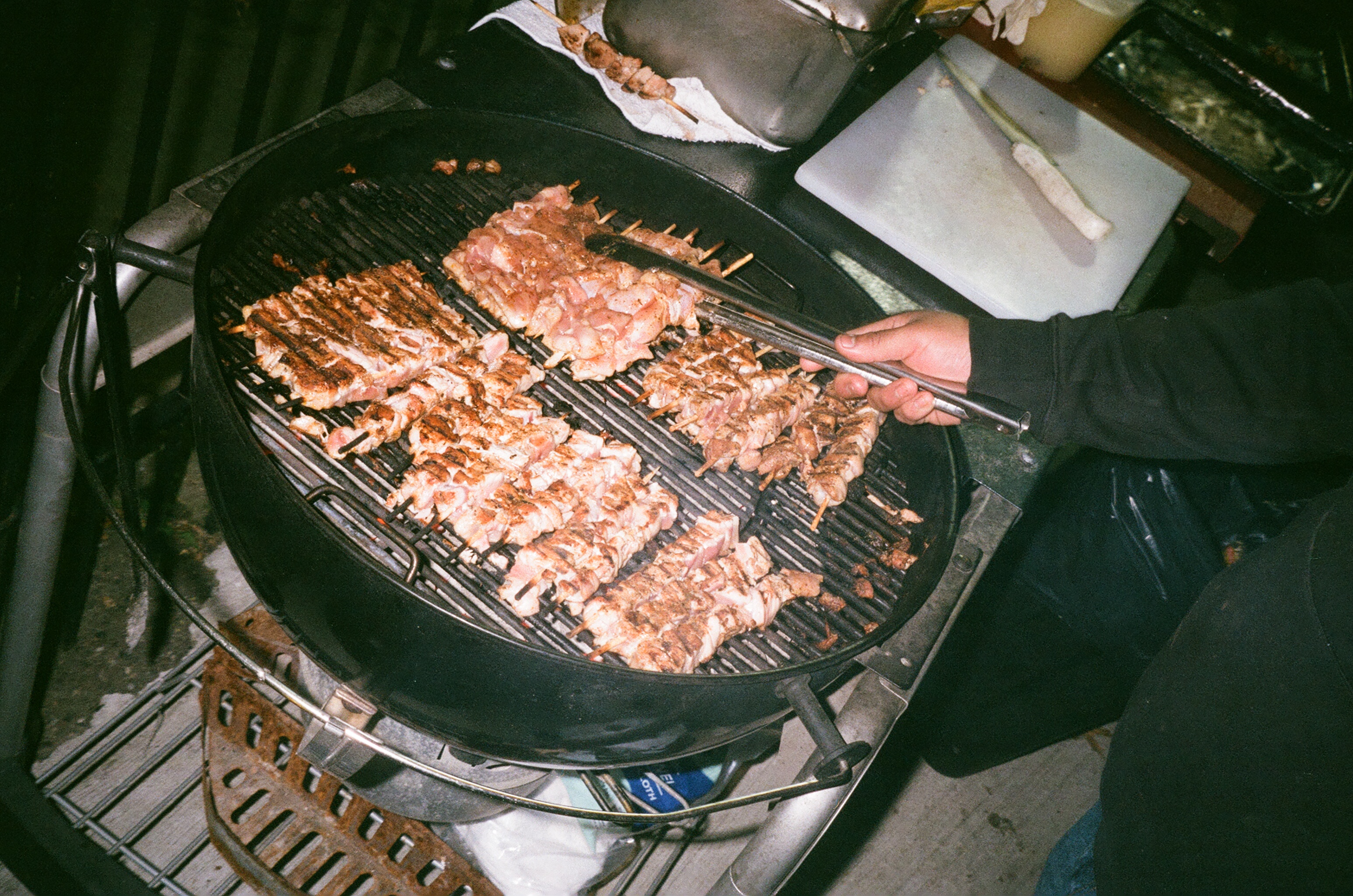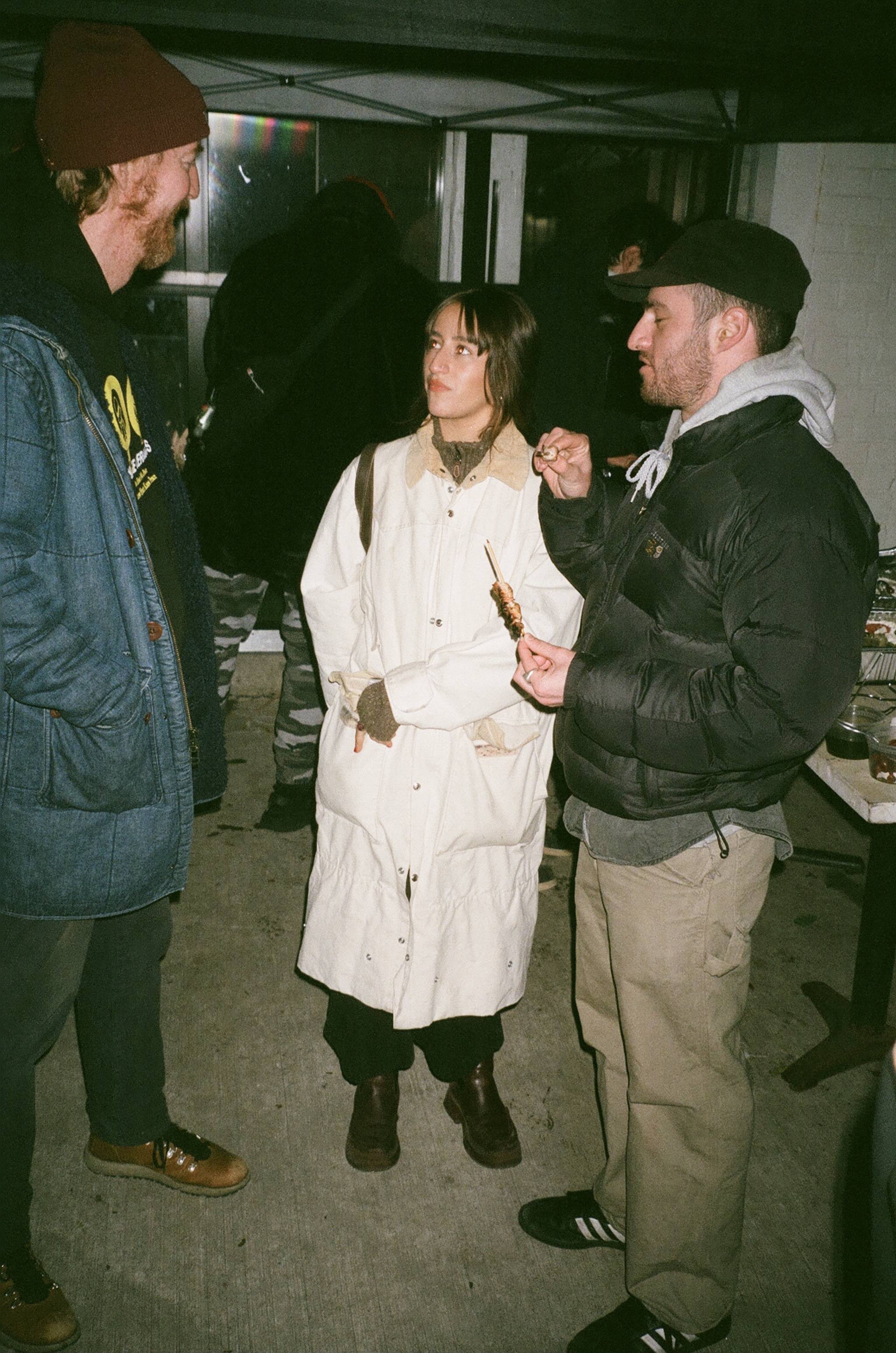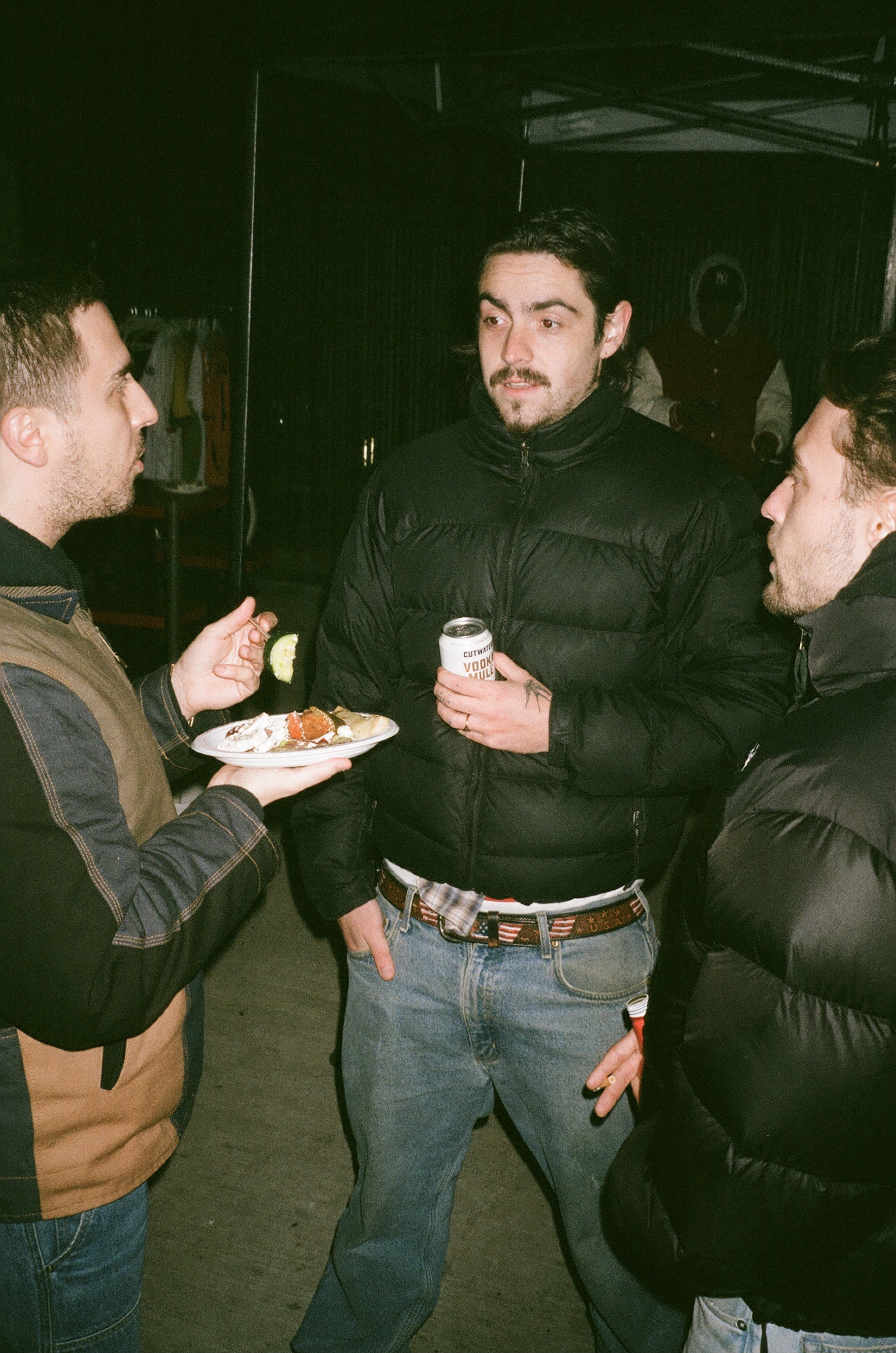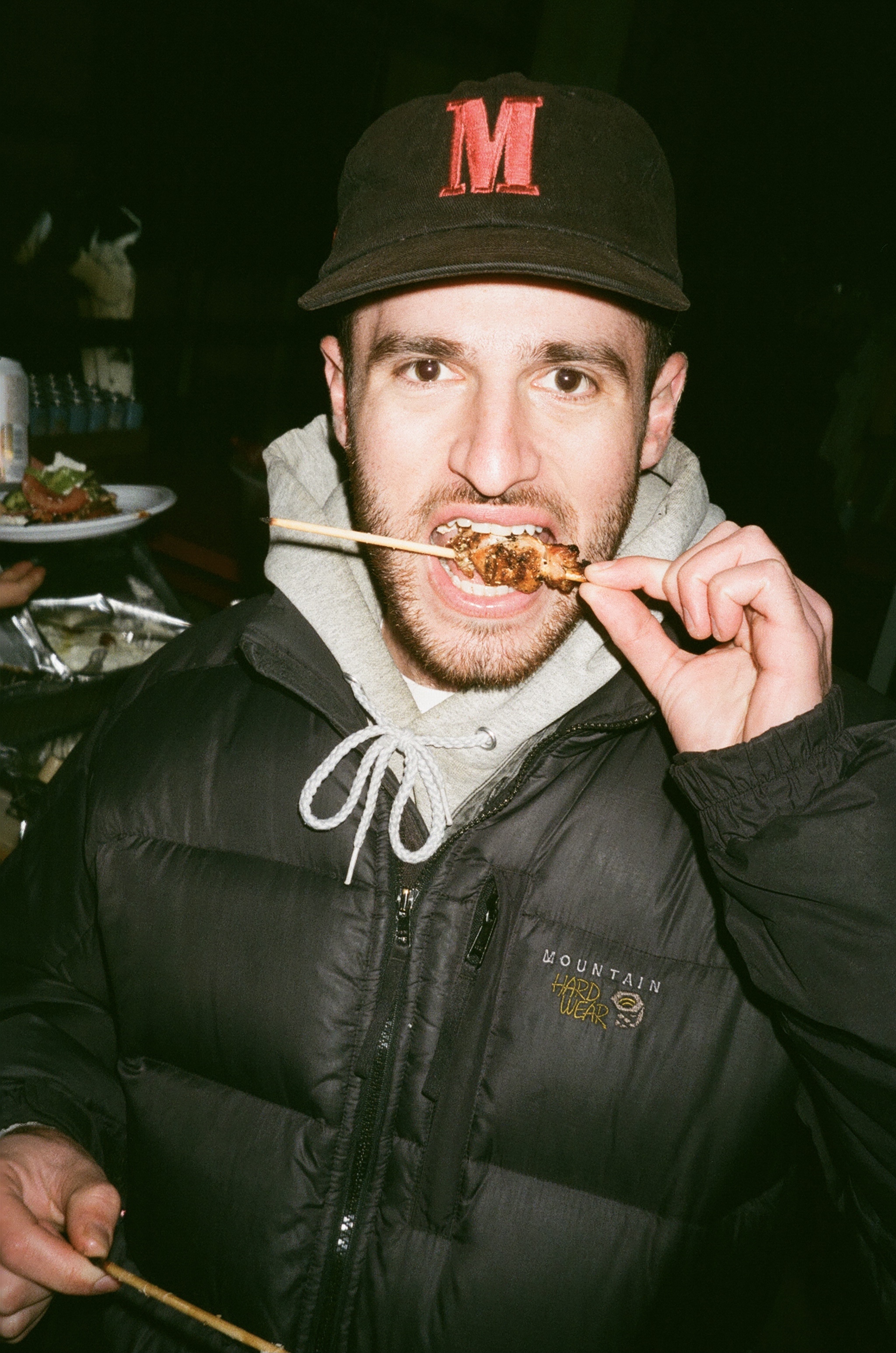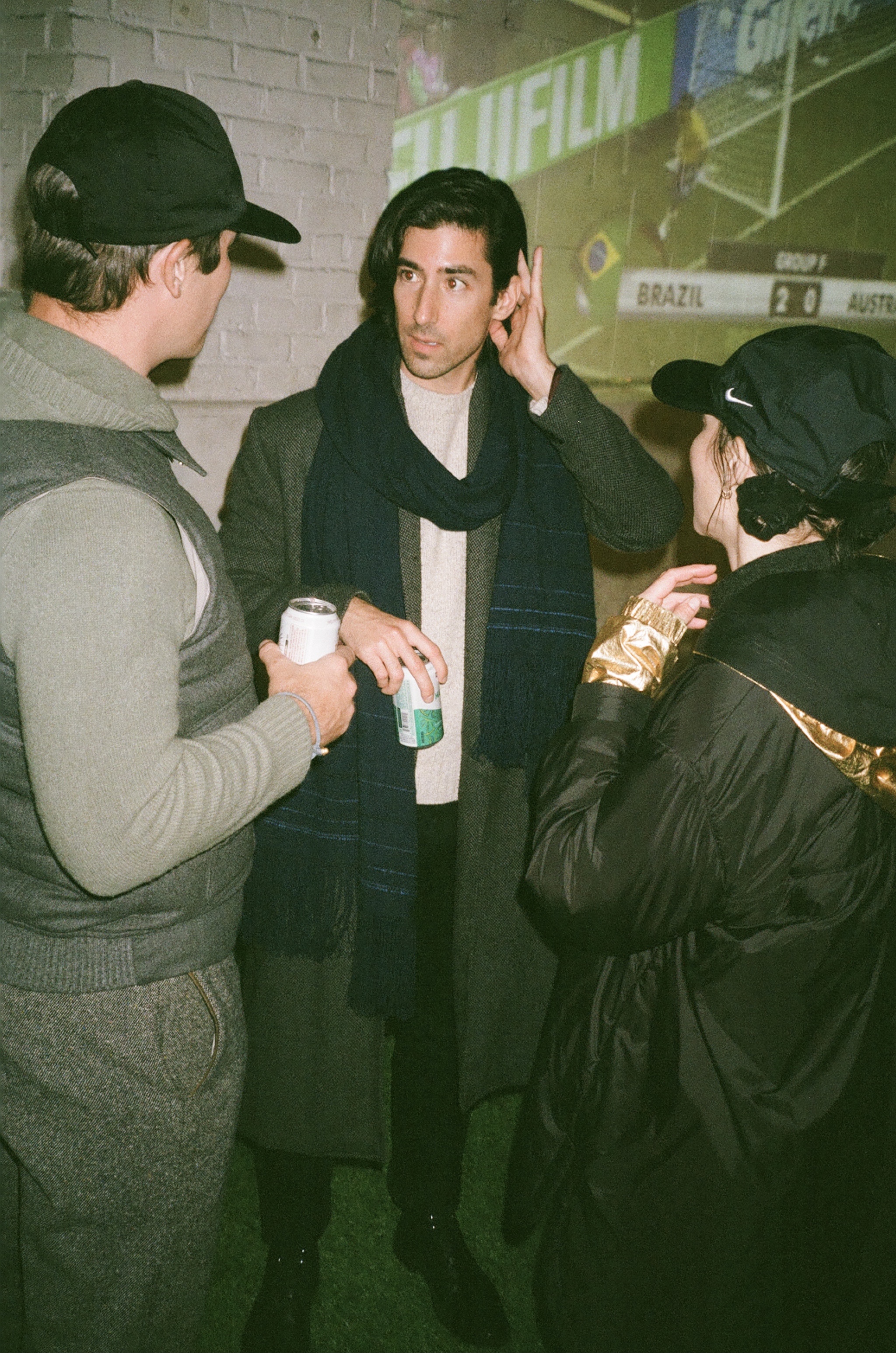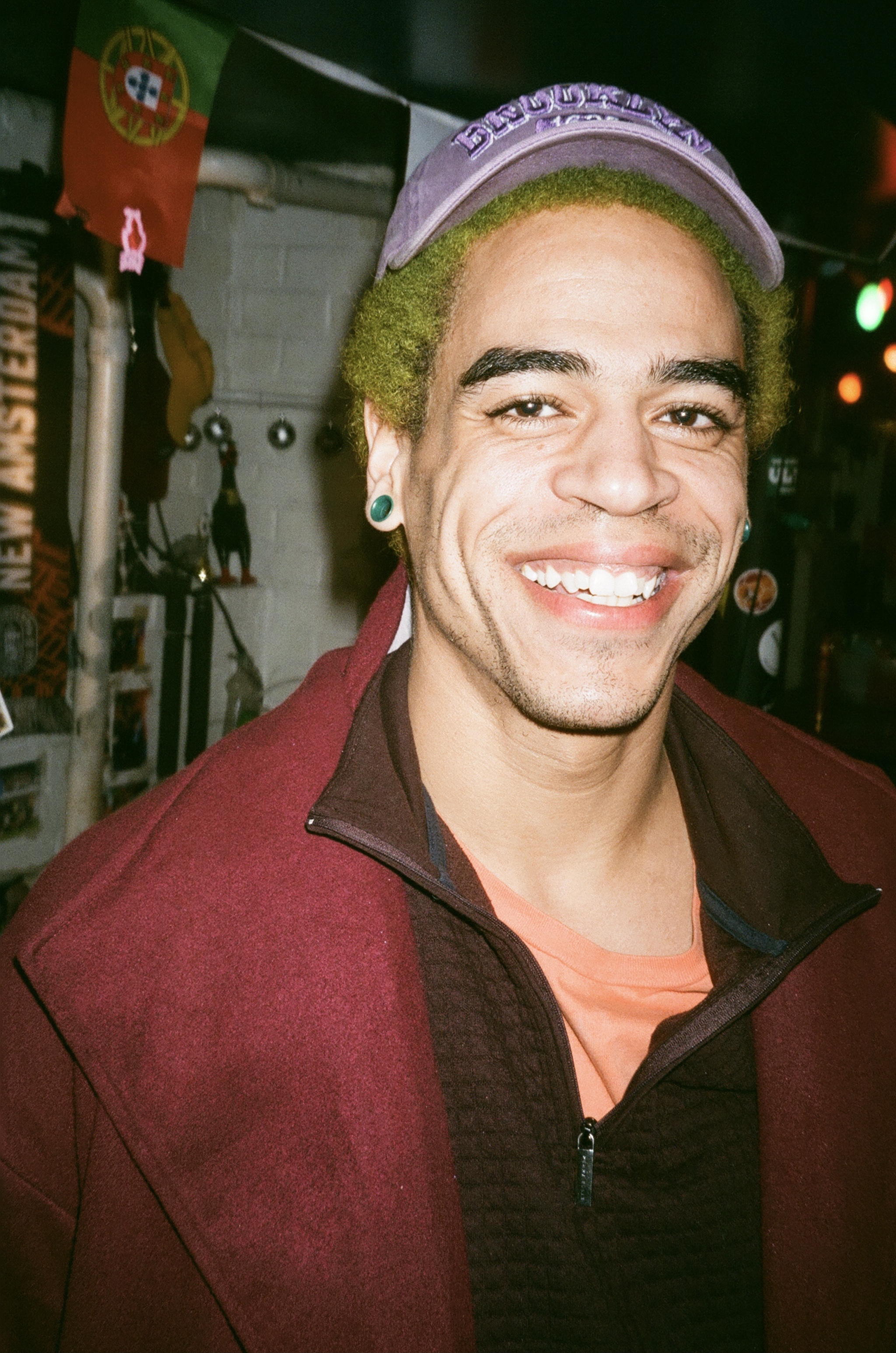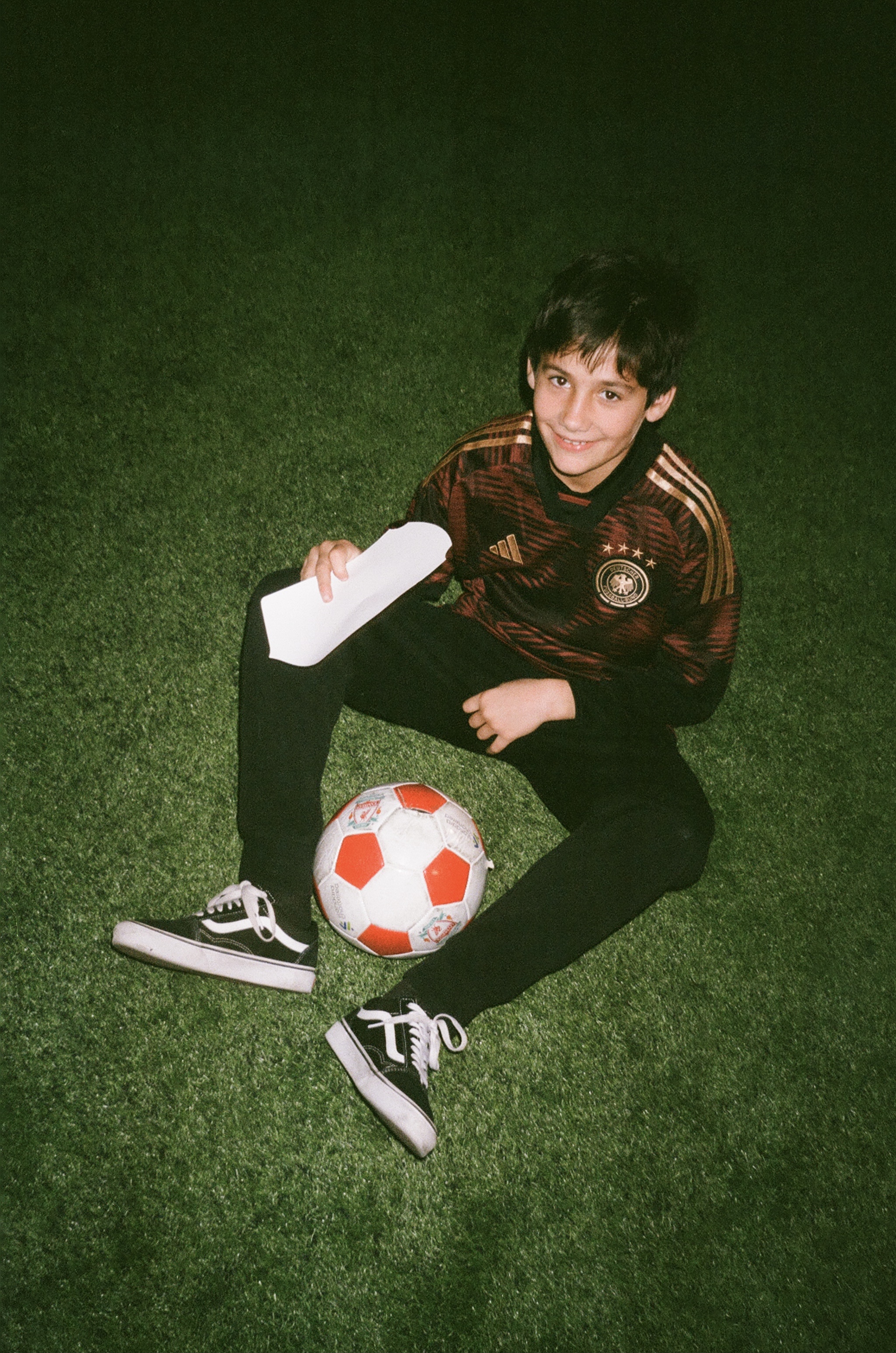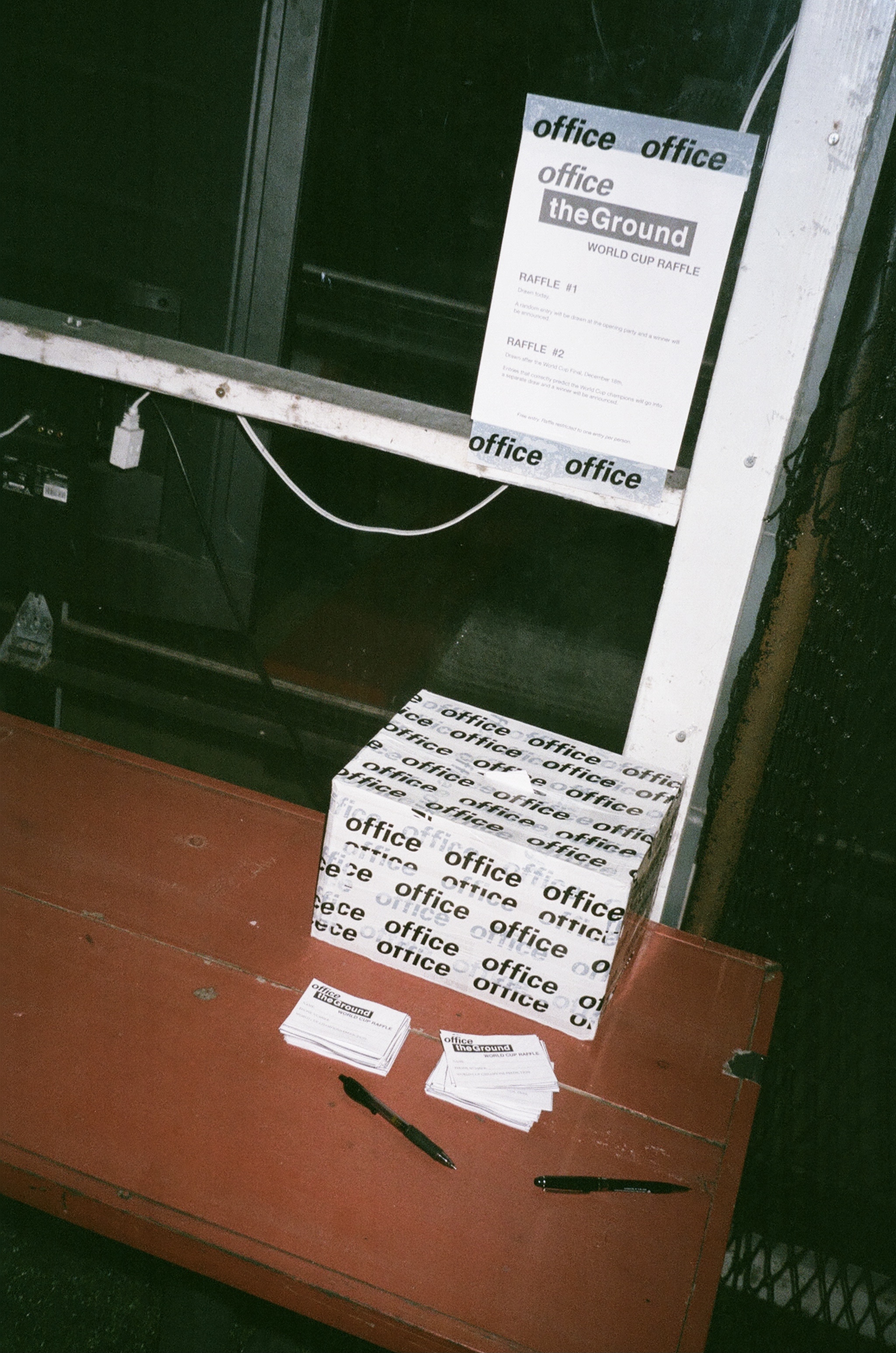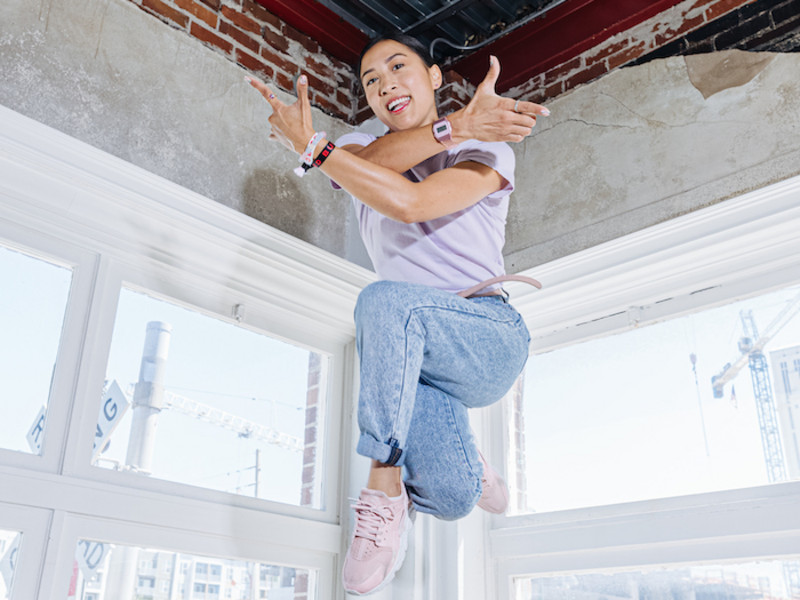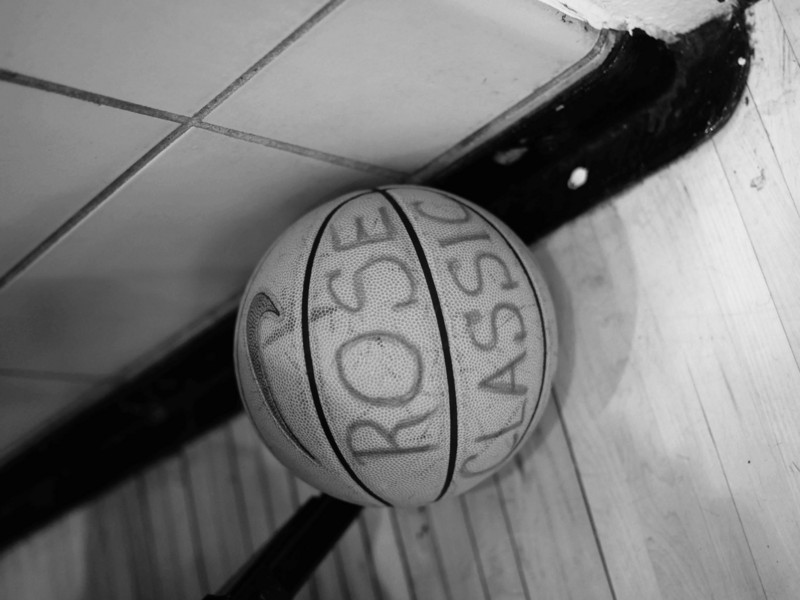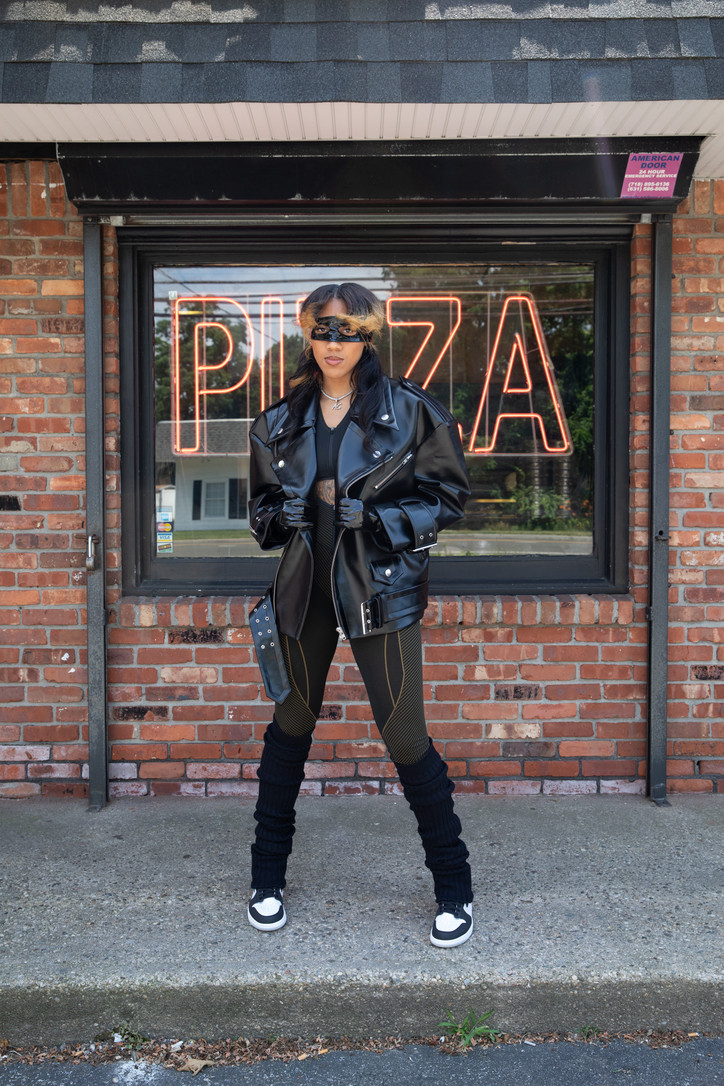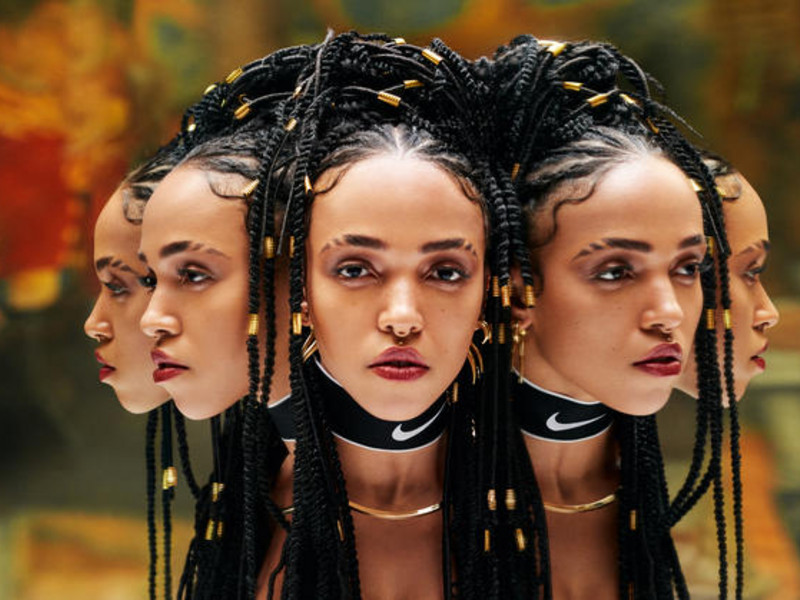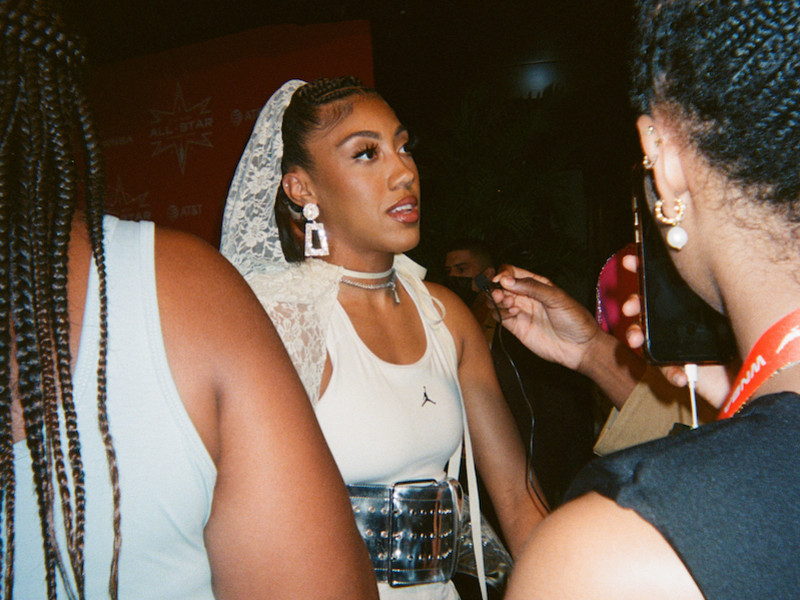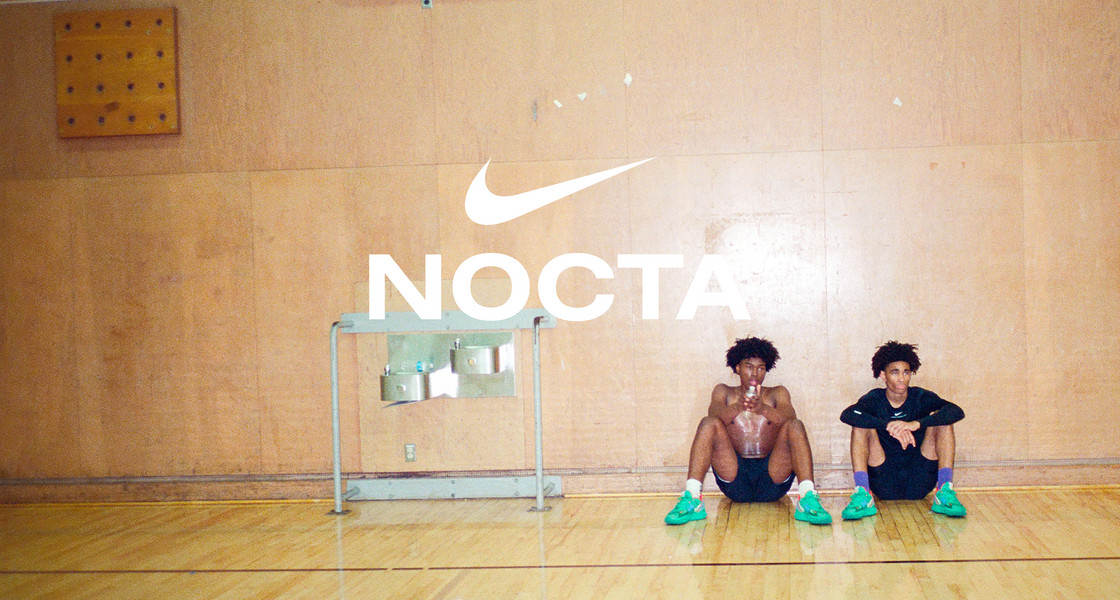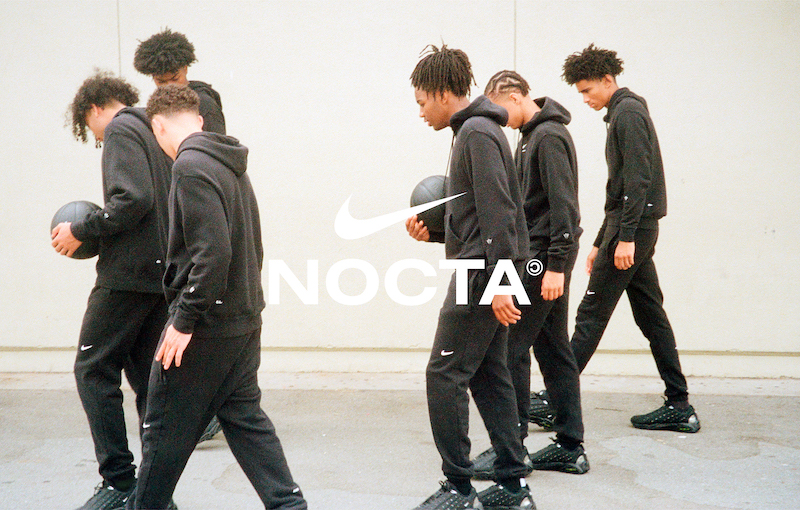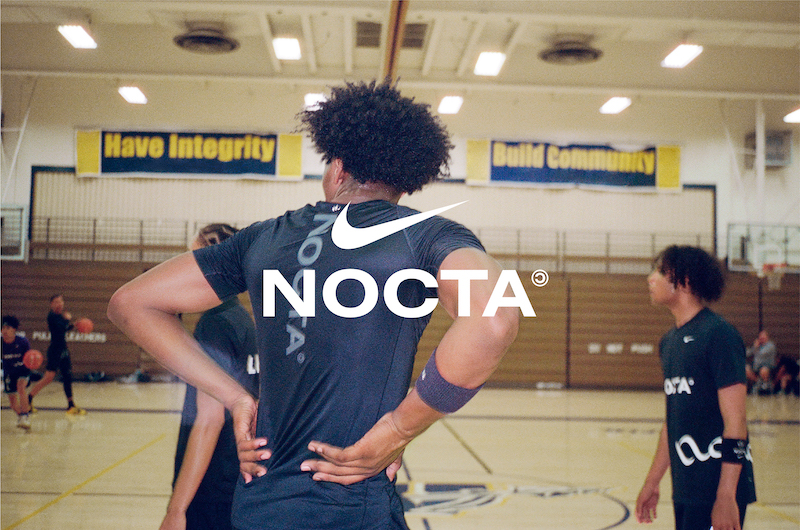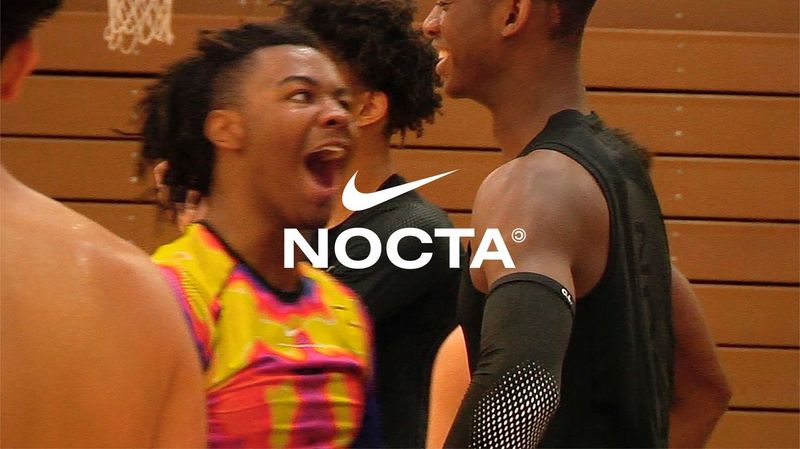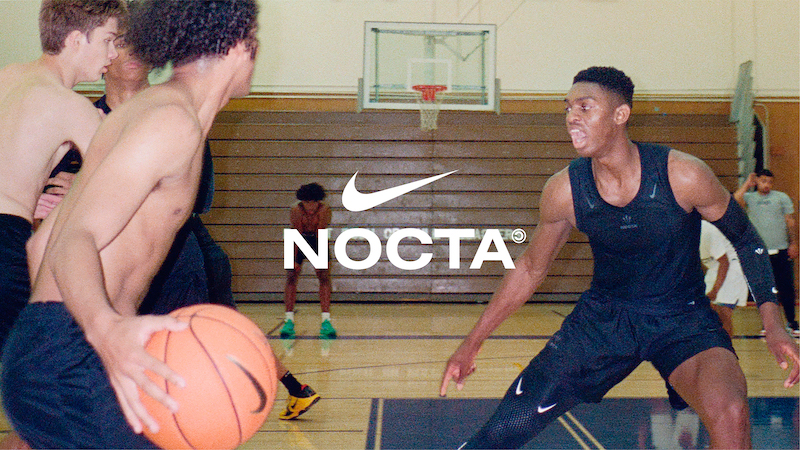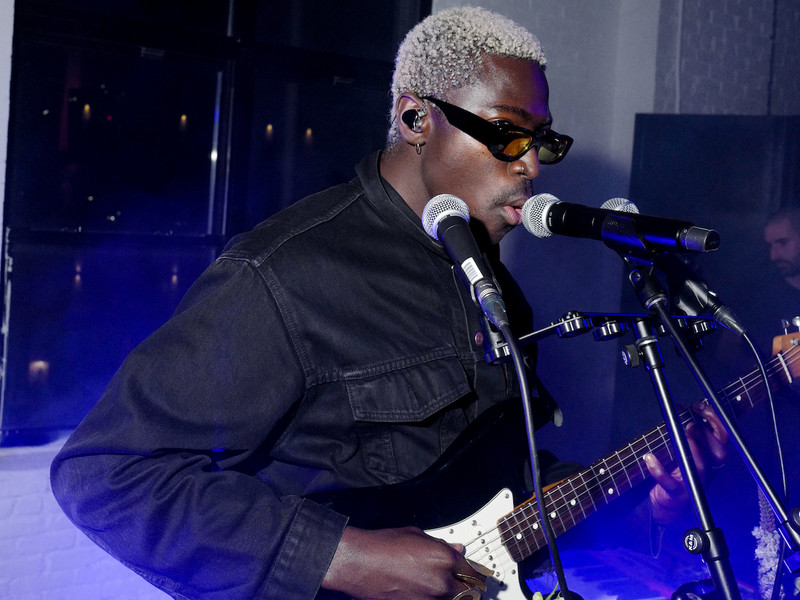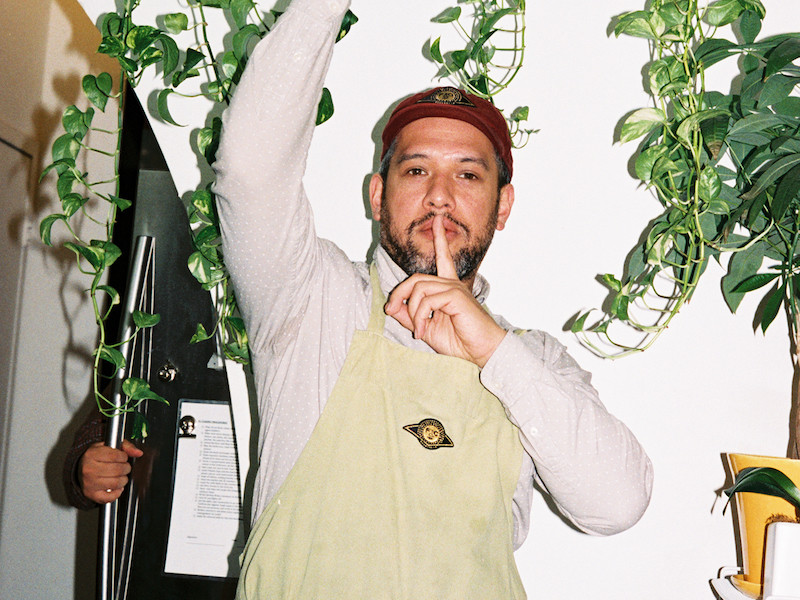Nike and Megan Rapinoe Team Up to Open Doors for the Future Generation
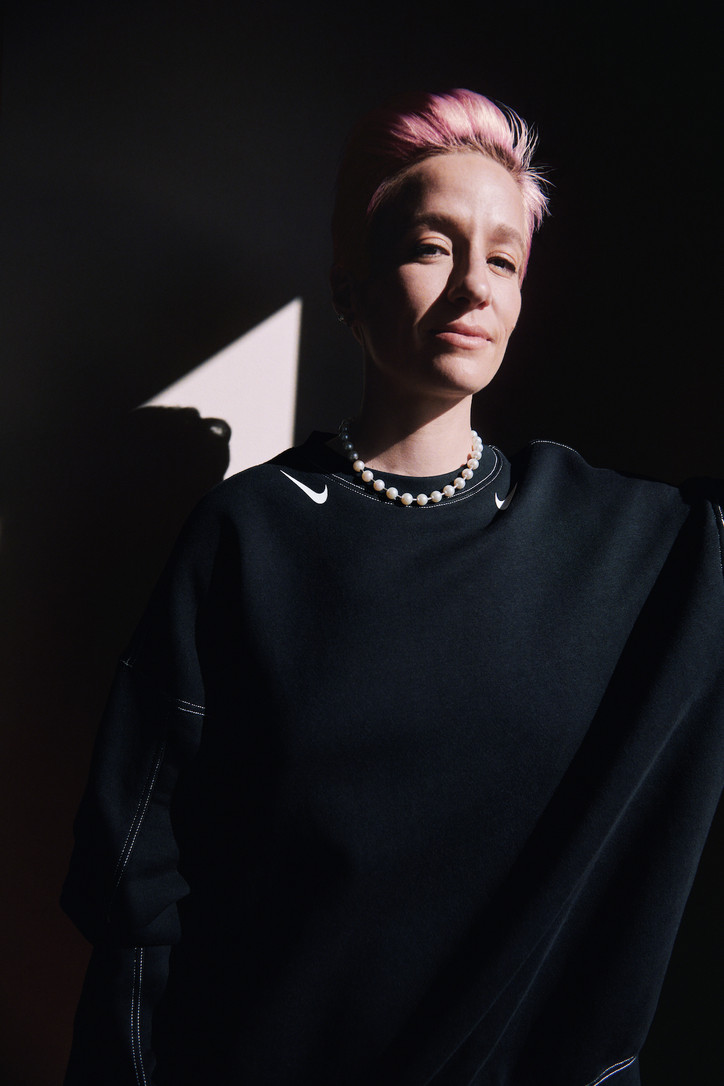
With this unification, Rapinoe wants to decenter herself in the process and pass the microphone to the voices who have been historically silenced within this particular industry. The progression of this collaboration started off in many different areas where she had free reign to explore different parts of Nike. Her mission continues as she keep finding ways to open doors for more people. Of course, Megan is no stranger to victory on the field, but with this partnership, this feels like a trophy we can all share.
office had the opportunity to catch up with Megan to get all the details about the upcoming collab.
What was it like having an idea come to real life, visually?
I love storytelling. I love the mix between what you're actually doing and then kind of the underneath of what you're doing. I think as a female athlete — a gay female athlete — I've found that to be really effective. Even being as out as I am, I'm not always walking into every room, like "I'm gay!"
I am!
Actually — honestly I am. But you know, even just the idea of being a 35-year old female athlete — a long-term deal of this sort of magnitude — I think says a lot and it says a lot to the changing landscape around women in sports, and culture, and what success is. It doesn't have to be 50 goals a year. It can be using the platform for good, or using your platform to speak up about things, or using style to bring a different aspect into the culture around women's sports. So I think for me, it's always fun and interesting to use a variety of mediums to get your point across. AndI think it resonates with people. I think it just hits. If you're just always saying the same thing, in the same way, in the same clothes, to the same people — it doesn't really hit in the same way. So can we pull in visuals? Can we use sport, which is easily understood by a lot of people to talk about different things? That's kind of the method to the madness.
As stated, this isn't a campaign or a product. But it's more like a re-imagination of what Nike has been for athletes and even for different audiences. Can you describe exactly what the next chapter entails, in a way that both parties can comprehend? So basically what I'm saying is can you dumb it down for everyone?
Well, I think a big thing that we're trying to do is take all of the labels off which feel restrictive. You know, just because I'm a woman doesn't mean it has to go on the Nike women's site, or just because I'm a soccer player doesn't mean it has to go on Nike soccer. I think that's the idea — the sort of redefining what it means to be just an athlete in general, but certainly a female athlete. I think we're often so restricted to certain words, or certain labels, or a certain way that we're seen in the culture. So for me, it was really interesting and fun to present myself to Nike as a designer, as a storyteller, as of course, an athlete, as someone who's fought for equality, someone who's pushed fashion in different ways -- and then having them push that back out to the world. That's the whole point -- we, as female athletes, have had to be creative and had to be entrepreneurial and had to do multiple things at one time, all the time. I always say, 'Welcome to the future. It's safe here. Everyone's gonna be okay.' We just know what the next step is, naturally, because we've already had to do that to even be successful where we are now.
And when you're speaking of making a safe space, in what ways are you opening up that door for other people where in any other project or campaign the door wasn't opened? What audience are you specifically helping out at this time?
I think a big goal in our storytelling — even from behind the camera — would be a crew that's really diverse. Who's actually directing? Who's shooting? [There is] a big focus on women of color, queer women, trans women, that are traditionally cut out of these [narratives]. So starting even from the very beginning of, 'How is this story even being thought about being told?' Much less once we get to the point where it's actually being told. I've been to so many photoshoots where you show up and everybody on the crew is a guy. Most people are white. So just kind of shaking that up and changing that perspective a little bit and then also bringing it way past me. I feel like if I'm just the center of the campaign all the time, then that just misses the entire point and defeats the whole purpose. So telling different stories and bringing different stories that don't traditionally get told to the forefront, through the platform that I have, and passing that on to other people is the biggest goal. Because I feel like we're just missing so much if I'm just telling my story. Okay, I'm a woman. I'm gay. But I come from a really conservative white area and I'm white myself and I only have my perspective. And honestly, I've told that perspective a thousand times. So how do we get the rest of the story? How do we get the most creative way to tell the story, or to get a different idea, or to get a better product. I feel like when all perspectives are heard, we're gonna get the best video or best music, or best sweatshirt, or whatever it is. So just bringing everybody in is the goal and bringing it much past just one person.

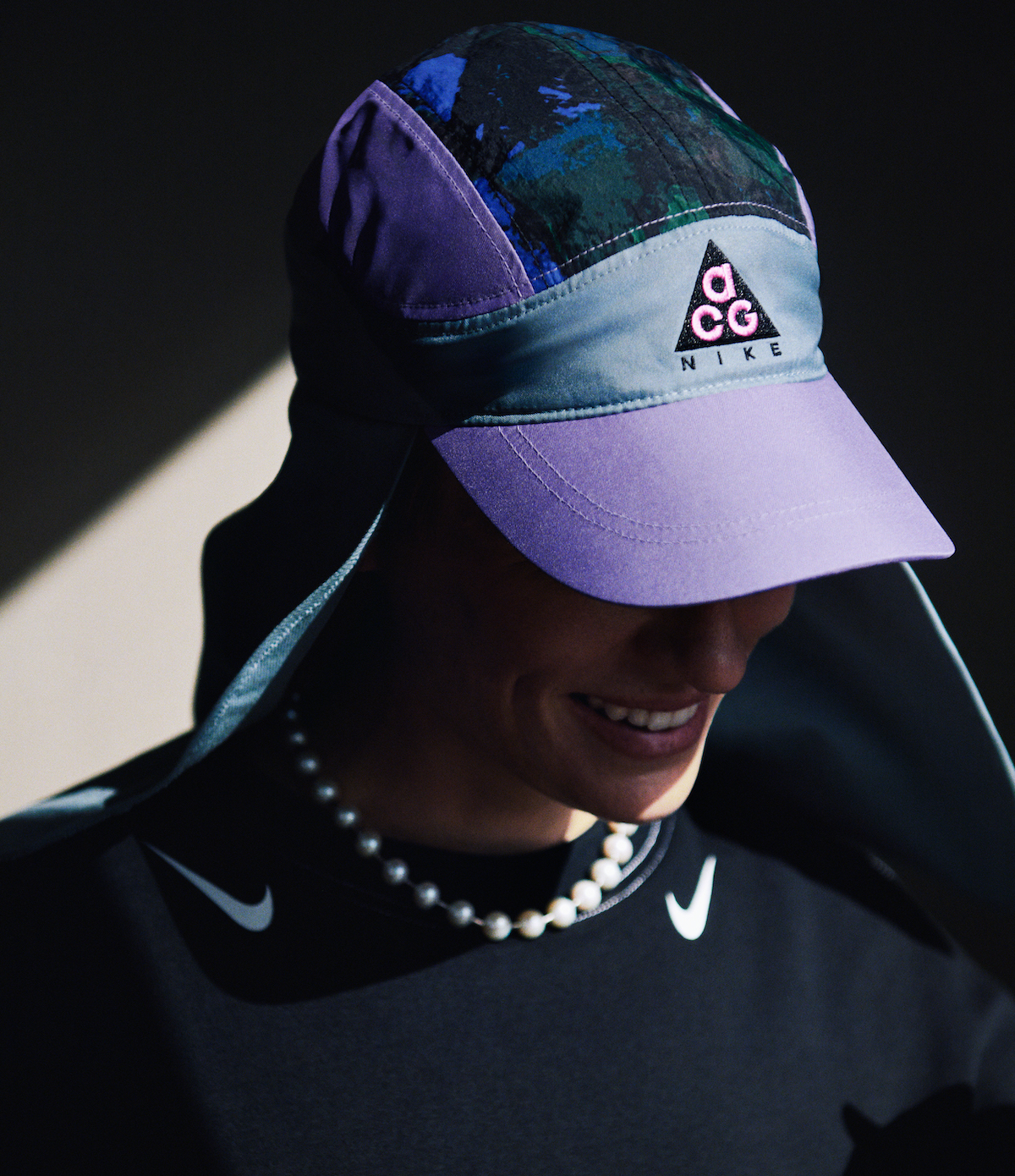
Right. And you were talking about bringing all these different conglomerates of ethnicities, gender identities, and sexualities. Within this day and age of sports, being trans and working within the sports industry is still very taboo. And there are just so many rules around it. How are you centering trans people with this project?
It kind of goes back to the idea of doing two things at once. I think people have an idea of what it would be like if trans people played sports and it's like — they're already playing. And it's fine! You know, Quinn is a Canadian national team player who plays on my team in Seattle, and it's just normal. They're just normal people. They play on the field like everyone else and they train like everyone else. And so telling that story to break down the stereotypes — people have this idea that it's gonna be this wild thing, and it's not. It's just normal. But also I think having people understand how those stereotypes affect trans people [is important] and how difficult it can be, for really no reason. I mean, obviously politically, it's been ridiculous. I mean just fucking outrageous because that's not actually how it is. It's just fear-mongering. So I think bringing that real story to the forefront and taking it out of this conservative fire-breathing dragon of total made up stories and bringing in real life and, 'This is who this person is,' I think its gonna be really important. Just allowing space for those stories to be told— there's so little space for anything other than status quo stories. So having that be a big focus of ours, I think will help to create a different narrative around that.
You had free reign to explore different parts of Nike. What did you discover about Nike that related so closely to your ethics and values?
They talk about it more on like a technological side of sports and always pushing the boundaries. But I think putting that commitment to progress into a cultural lens is really important. We know Nike is incredible at telling stories. We know Nike has cultural capital. We know they're some of the best branders in the world. So how do we take that from more of a sports and technological vibe into actually athletes' storytelling and people storytelling and cultural storytelling? And of course, the garments and shoes and all that is going to be a part of it. But I think that commitment to progress and that idea of never being done — it's never perfect you've never arrived — that mission really resonated with me. It's about sport, and of course, sport is part of that, and the on-field soccer playing is part of that. But for me, the bigger part is the storytelling around, not just women athletes, but the storytelling around athletes and people in general through the lens of sport, because so many people play and it's such a cultural touchpoint. That's the most impactful part of this partnership.
What were some of the things that you weren't so knowledgeable on that you would like to discover deeper?
Definitely getting into the design part of it. I'm not a designer, but I know what I like and I know what it feels like. All of that kind of stuff — I'm really excited to dig in on the technical aspects of designing clothes and different features that we can do. And how can we push the boundary between on-field and off-field and bring that together a little bit more? That is really interesting to me.
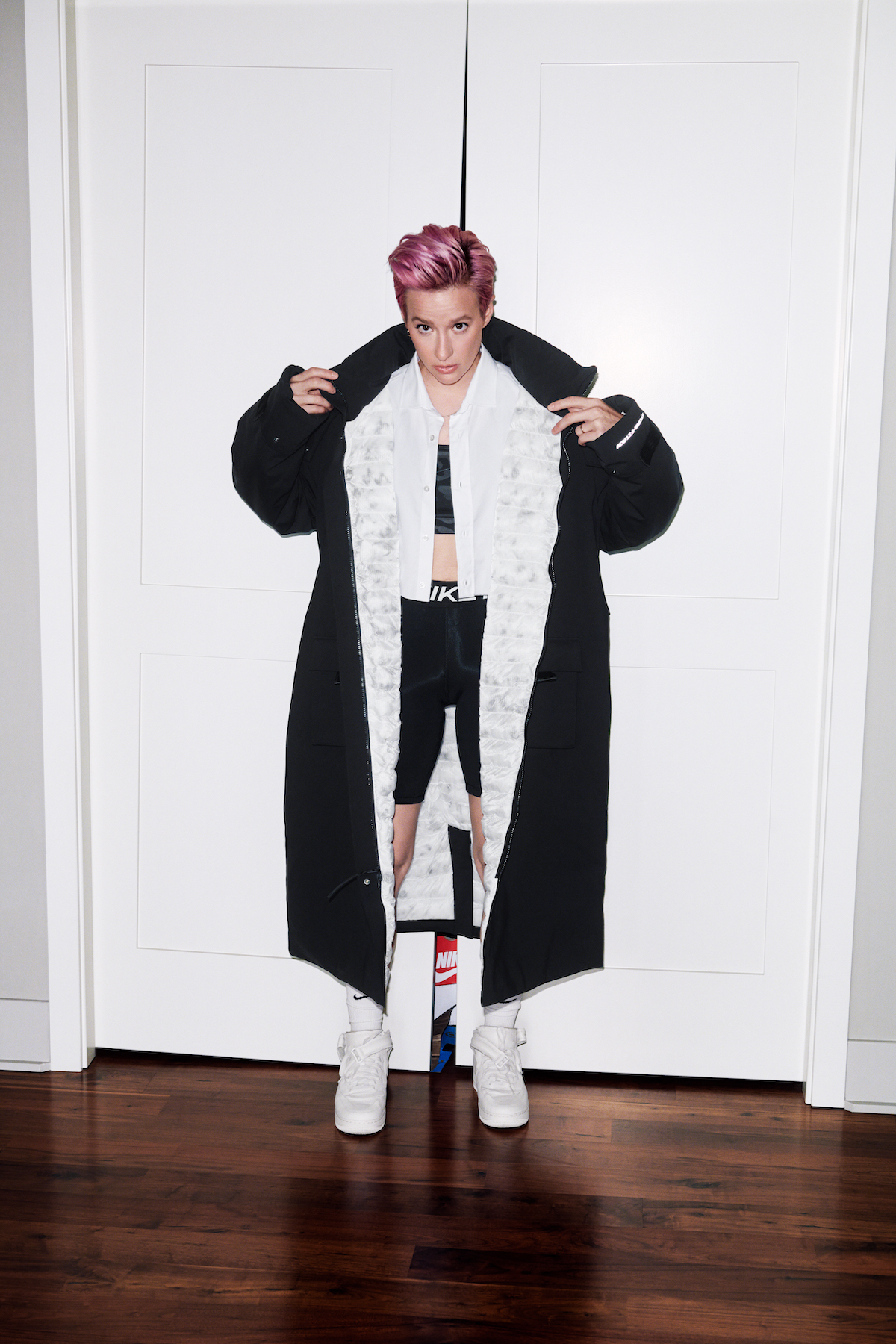
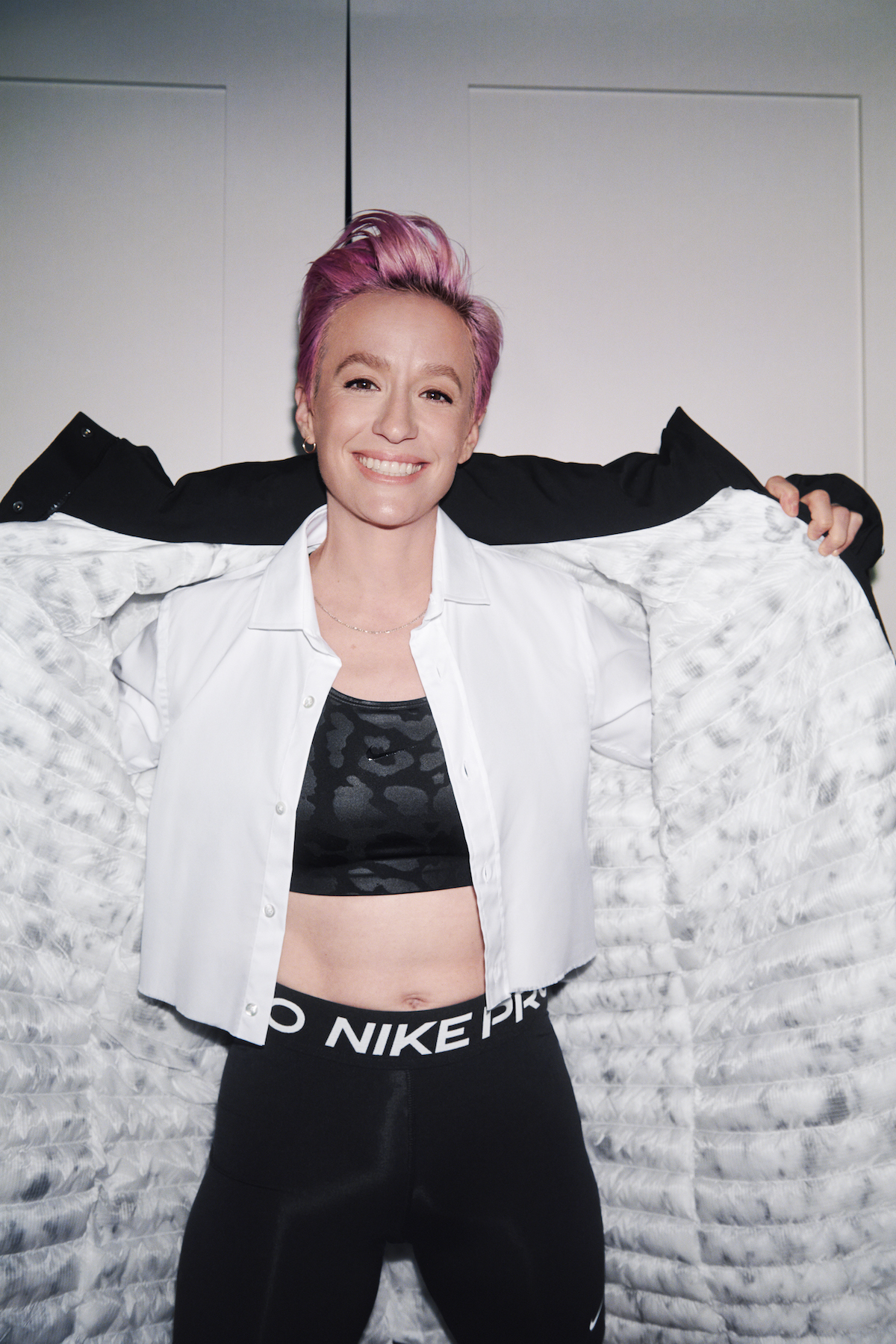
What are the kind of touchy subjects that athletes should be having and how does Nike come into play with facilitating those conversations?
I mean, I don't really see any subjects as touchy. I think traditionally, I guess for sports, it's always been, 'Don't get too political,' and for female athletes and people who play women's sports, we don't really have that option. Our lives are politicized all the time. I think if we had the opportunity to just play our sport — we've never really had that opportunity. We're all kind of dying to just be able to play our sport and not have it politicized. But for me personally, I don't think anything's really touchy or off limits because we're all going through it all the time anyway. We don't really have the opportunity to not be political. And I think people who say, 'Oh, I'm not that into politics,' it's like, it's just because it's not affecting you negatively. Because the rest of us don't really have the opportunity to not be 'into' politics. Politics is engaging with you, whether you're engaging with it or not. So I think we need to lead with that and have that be the focus of things because we don't really get to have the opportunity to do otherwise. And such a big part of what holds us back so often are narratives around women or trans women playing sports. So to lead with the elephant in the room is always my approach.
With this project, how are you fulfilling your inner child's wishes?
I mean, I'm gonna have a signature line with Nike. That's totally insane. I think my inner child and my younger self would just be like, 'Bullshit. That's not gonna happen.' I never thought that this really could happen for someone like me -- for a female athlete or for a gay female athlete, because we just never saw that before. It's different for men -- they see Michael Jordan and they have athletes like that, that have done it before. So I think for me, the best part would be that I've done this and now there's so many other little kids that can see that or, you know, see Serena, or see Naomi, and think, 'Oh wow, I could do that.' I think that's kind of the most exciting and gratifying part of that.
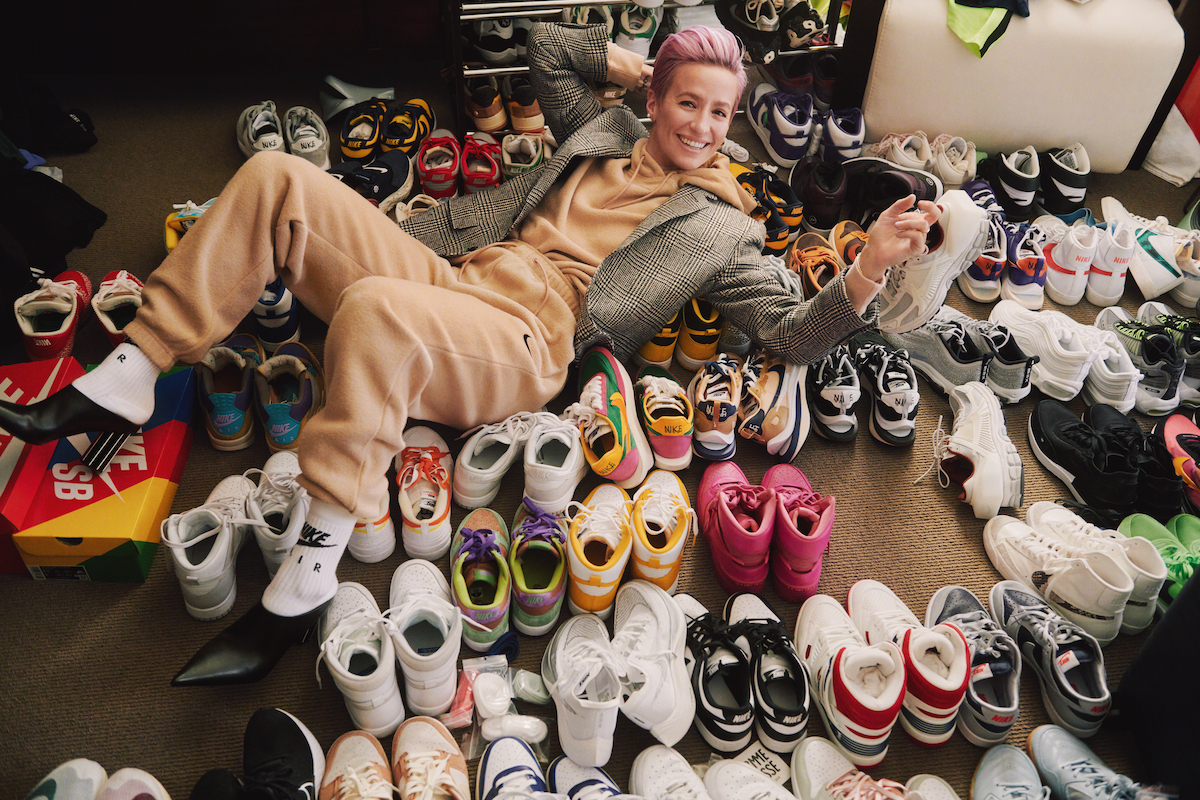
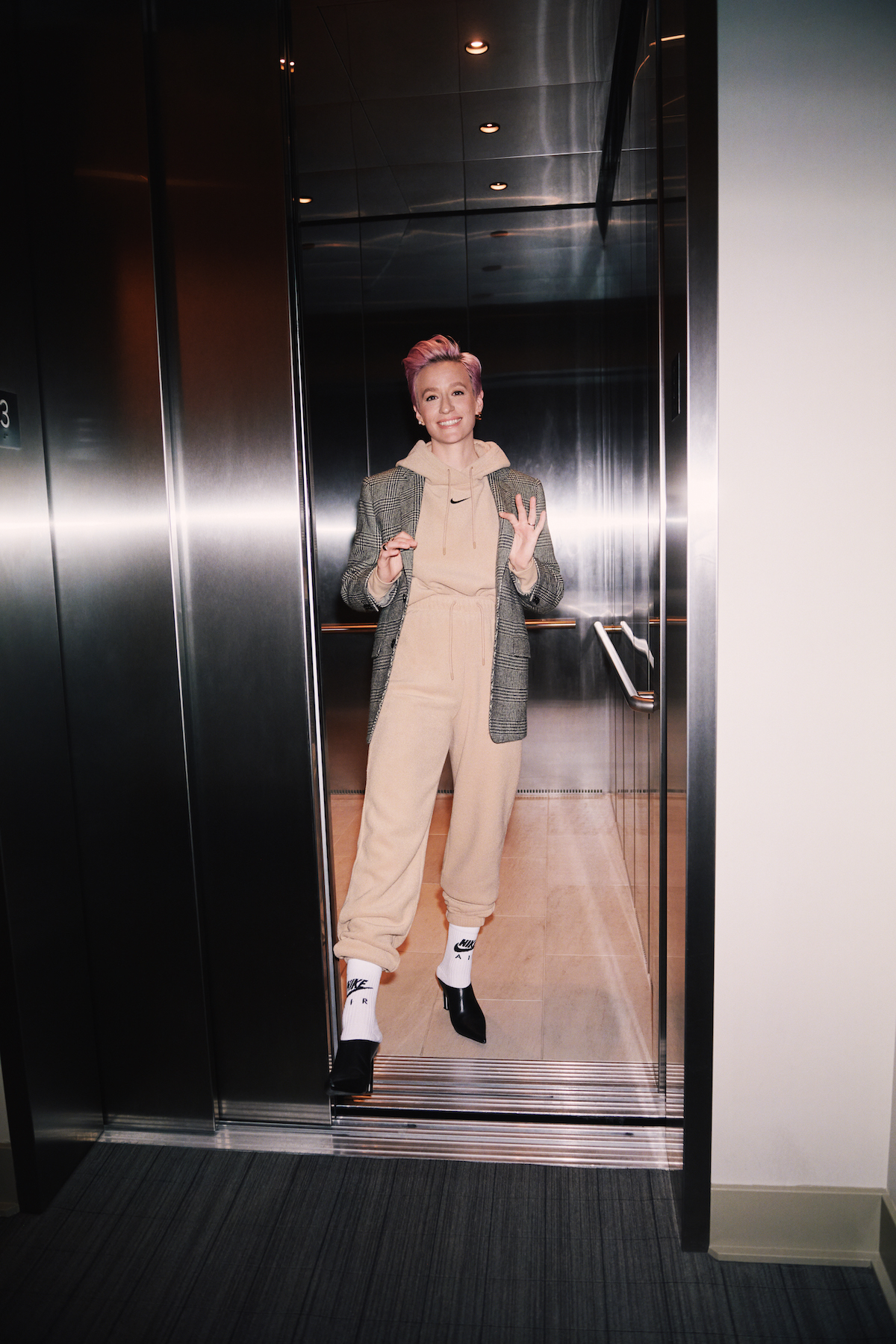
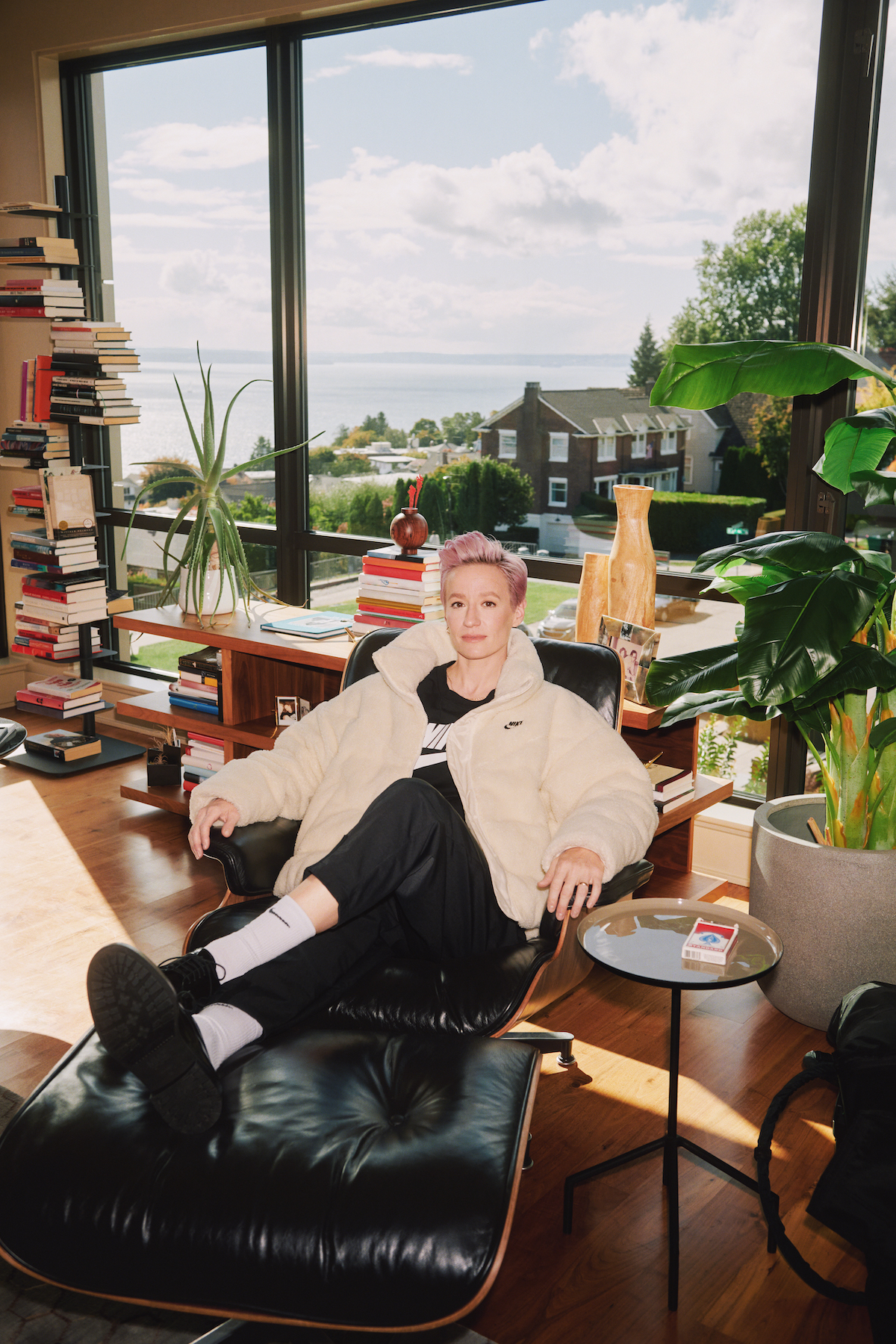
What was an idea that stemmed from your world or imagination that came to be in this collaboration and what is something that you haven't quite figured out how to execute yet that you want to include for future projects with Nike?
The first run will be really small. It's just a couple of garments; it's more focused on getting the storytelling down and the brand identity and all that. So I have a million things that I want to do in terms of design and all that. But I think that the most important thing that I'm proud of is the storytelling around it. And starting that paradigm shift between taking victory as, 'I won something,' to, 'Okay, how did this actually impact and how did we do this?' So that, I think for me is a really big one -- taking the binary out of winning and losing and that zero-sum game, and bringing it into an entirely different conversation.
Is there a story that particularly stuck out to you that you'd like to like share a little bit about?
I sort of felt this, right after 2019 — it just became uncomfortable that I was the focus of everything because obviously, I didn't do all of this by myself. I think in our culture and the way that we are just used to doing things, it's like one person scores the goal, and then they get the credit. But for me, it wasn't just what I was doing on the field that was making me successful or making me a cultural point. It was a lot of other things. It was Colin Kaepernick and it was the Black Lives Matter movement. And it was gay rights. And it was Billy Jean King. And it was all these other things that sort of culminated. So I think right away it was like, 'Okay, the idea cannot just be: Look at me. I've been so successful!' That doesn't really make sense. That's way too narrow and kind of selfish. So right away it was, 'Okay, how do we take this moment and replicate it and blow the walls off of everything and just get everyone in the room that we can.'
